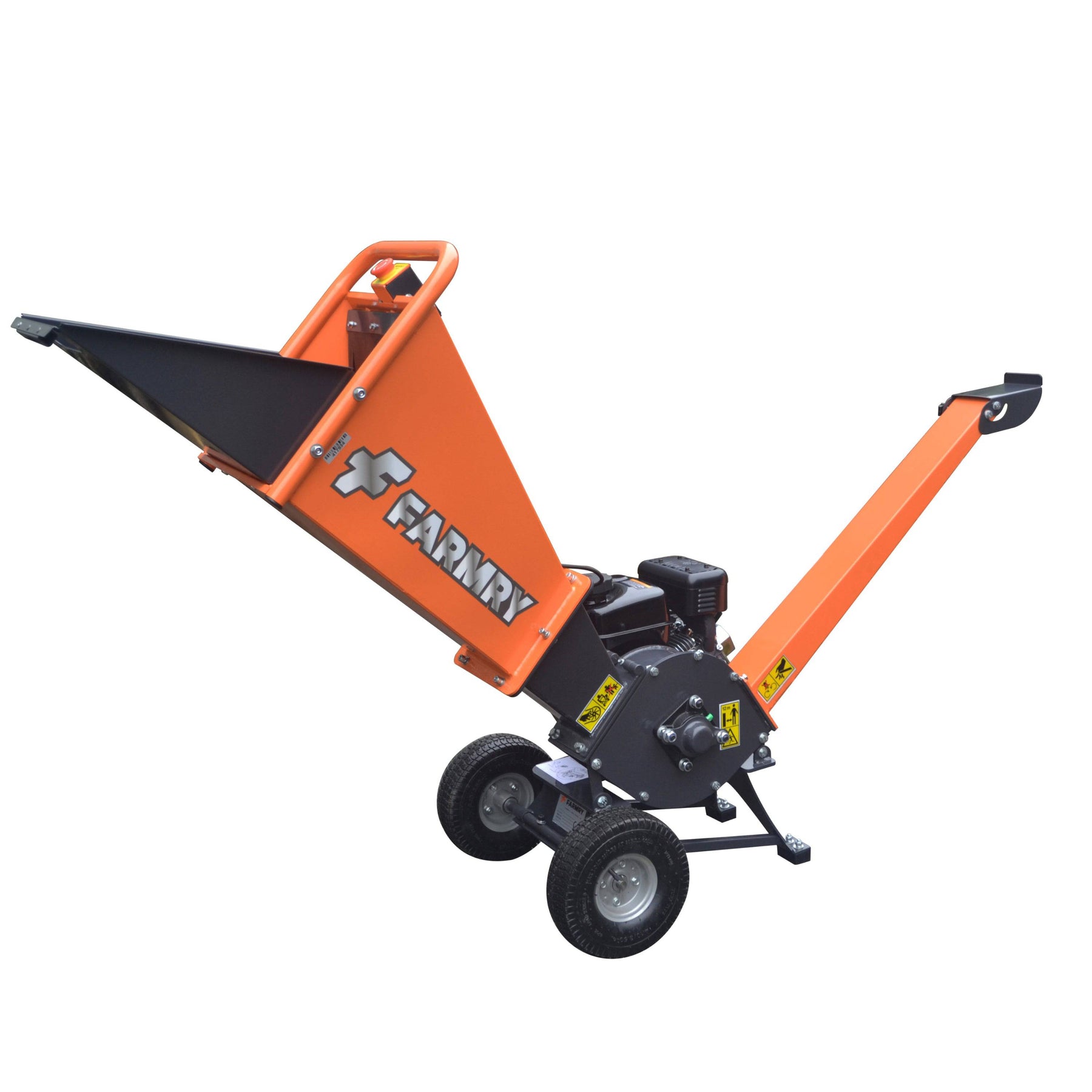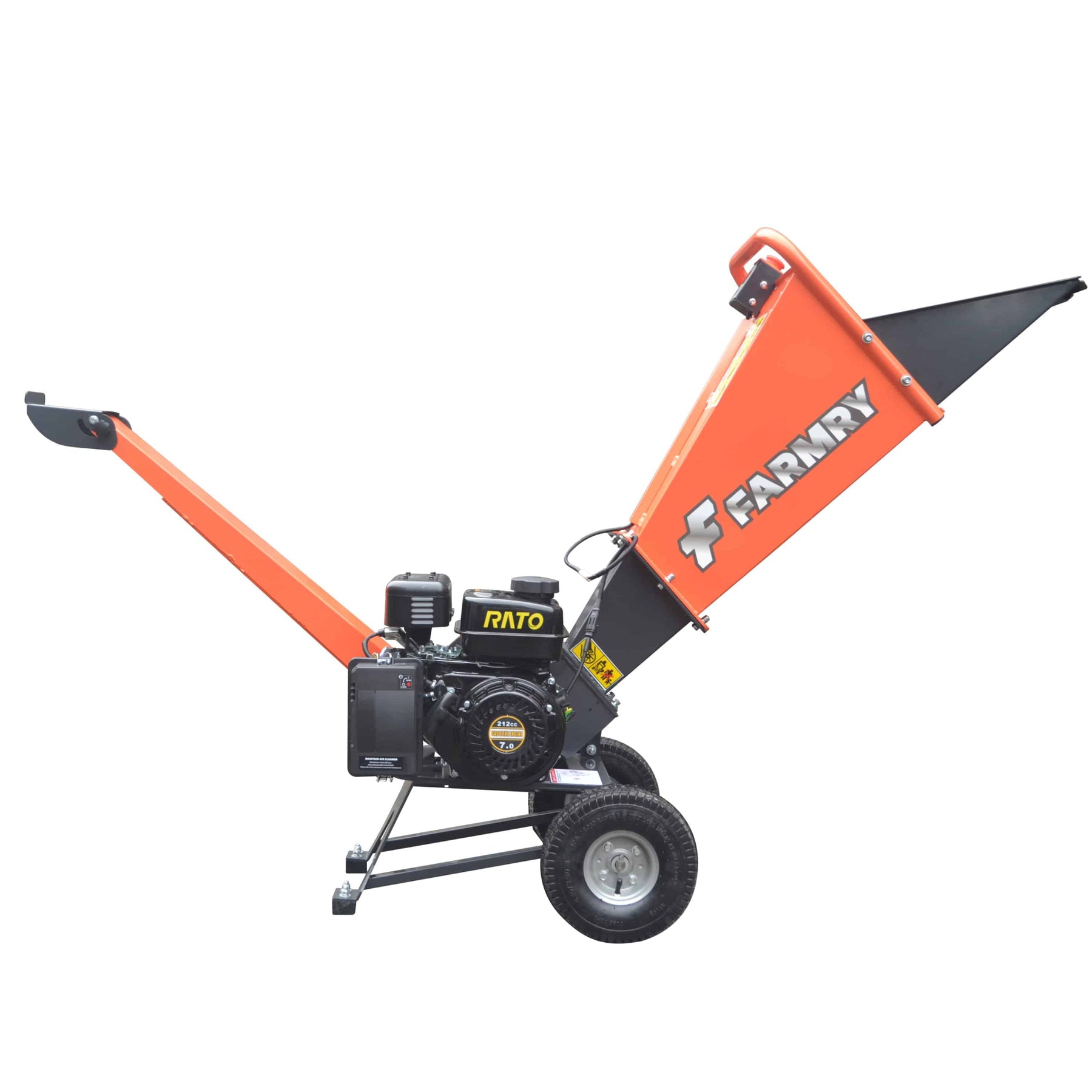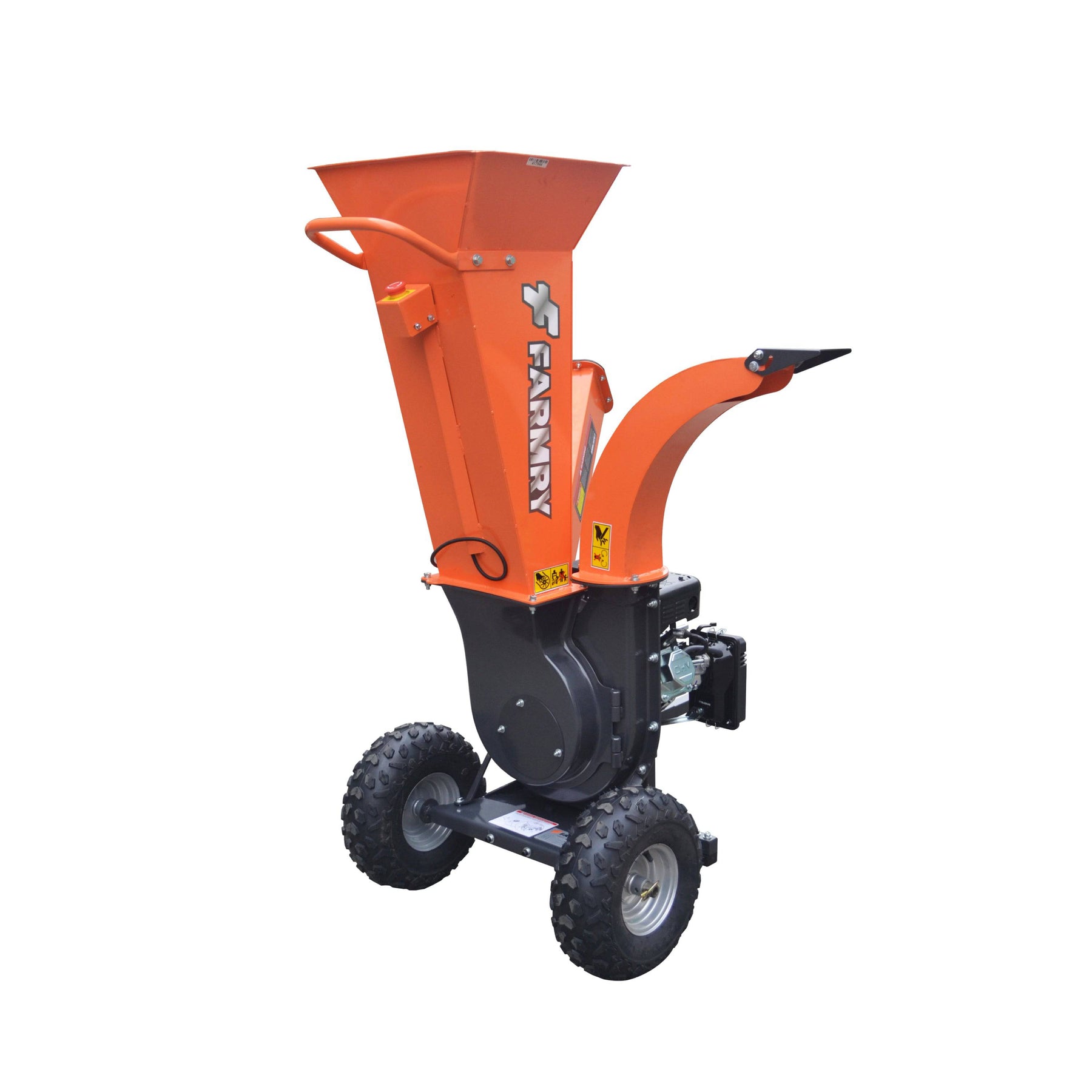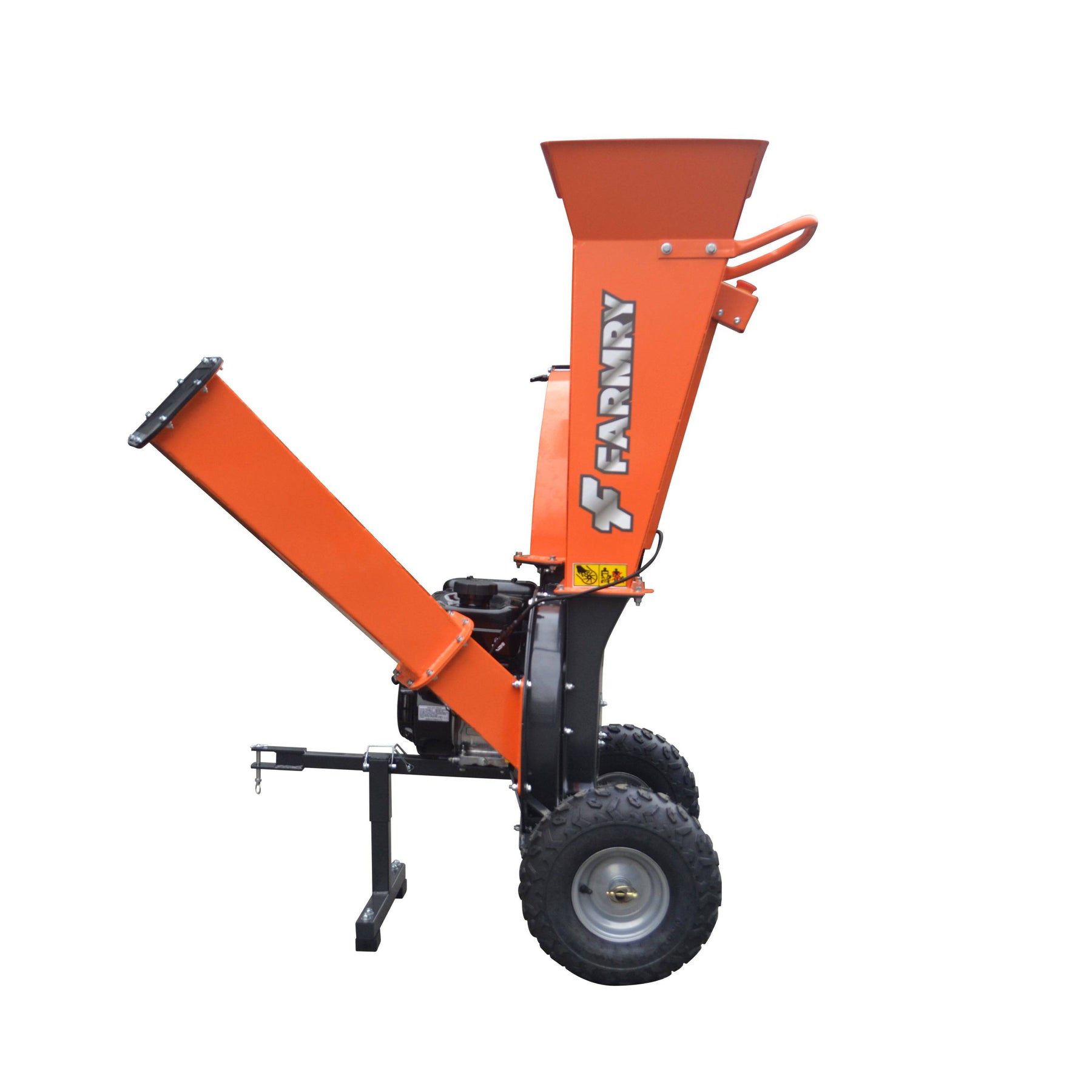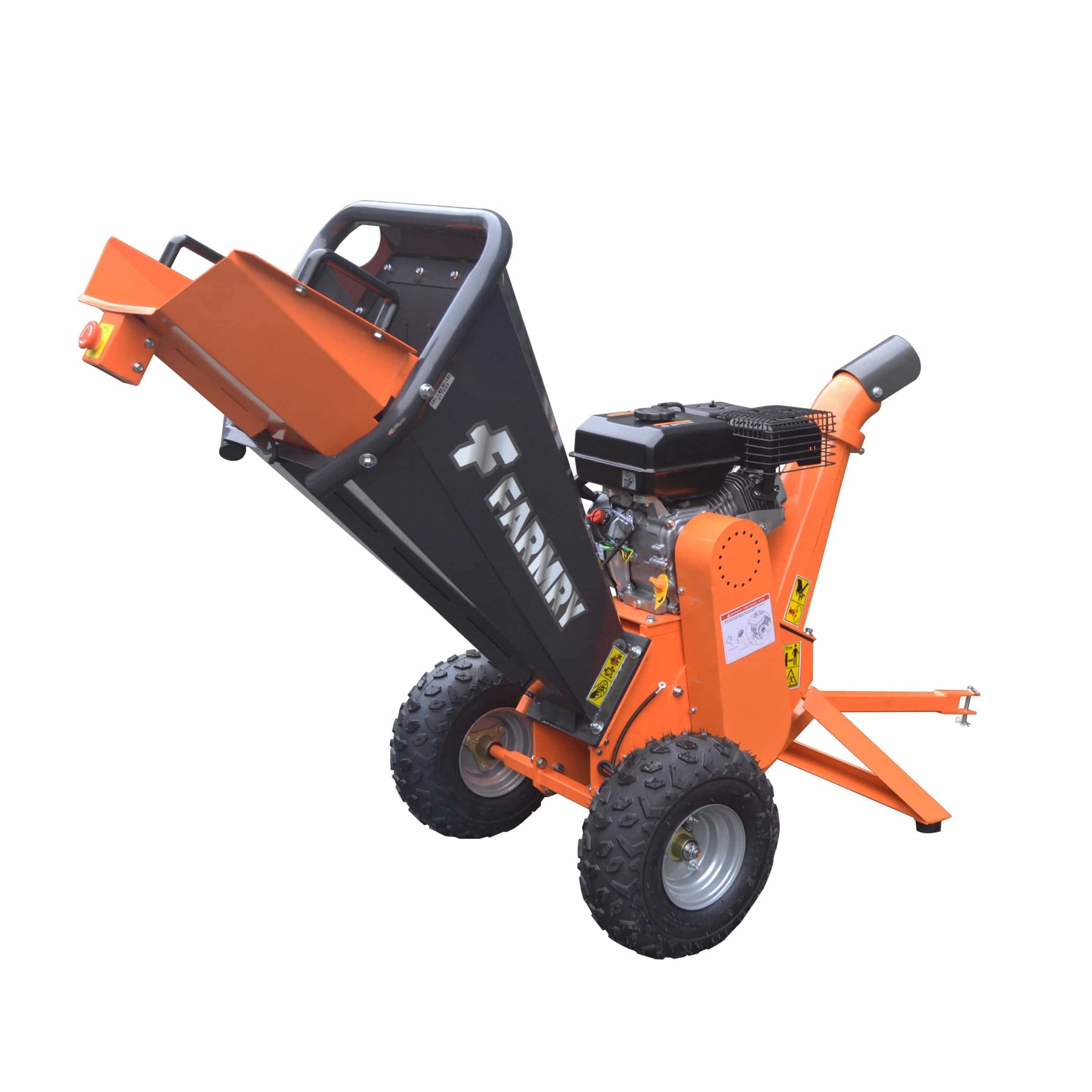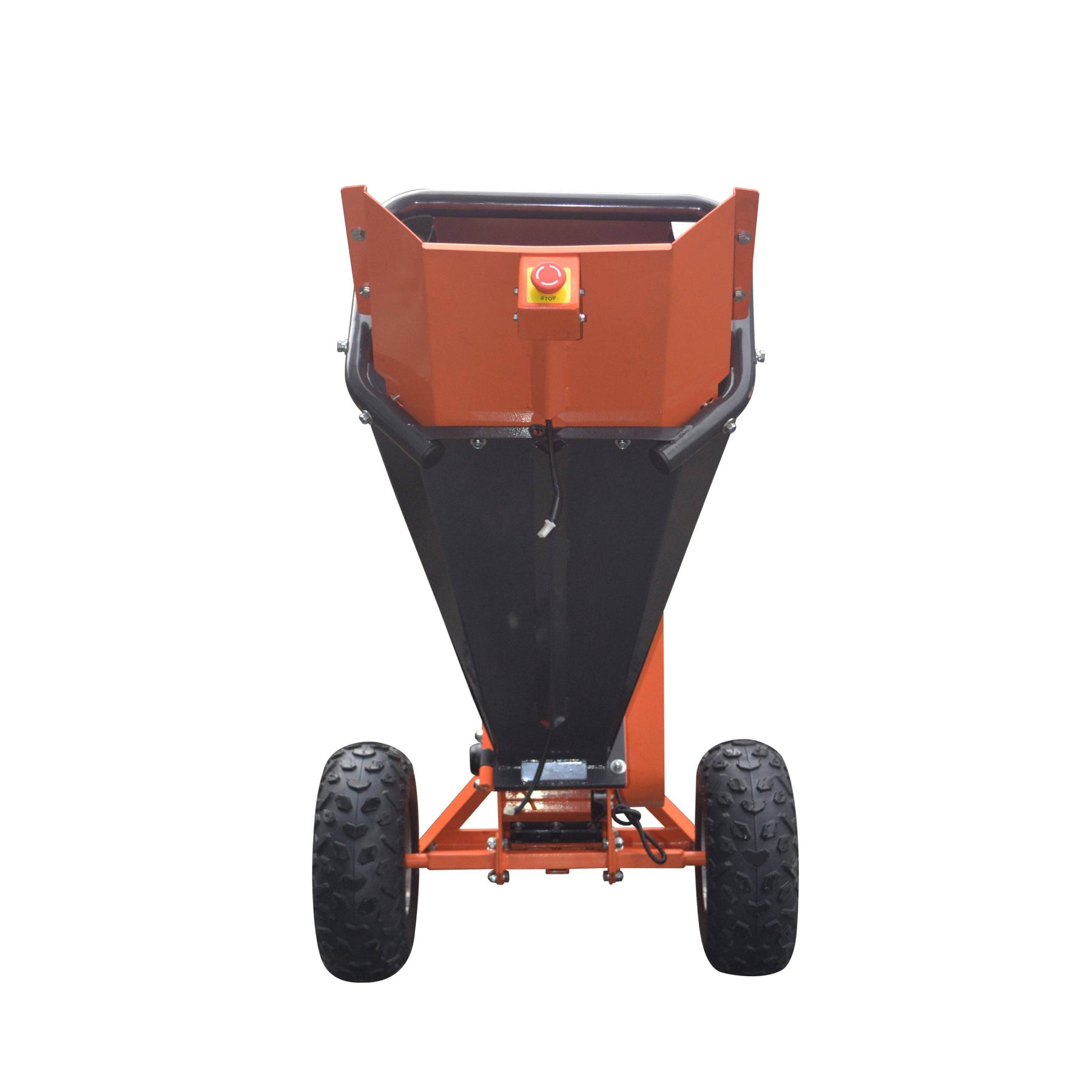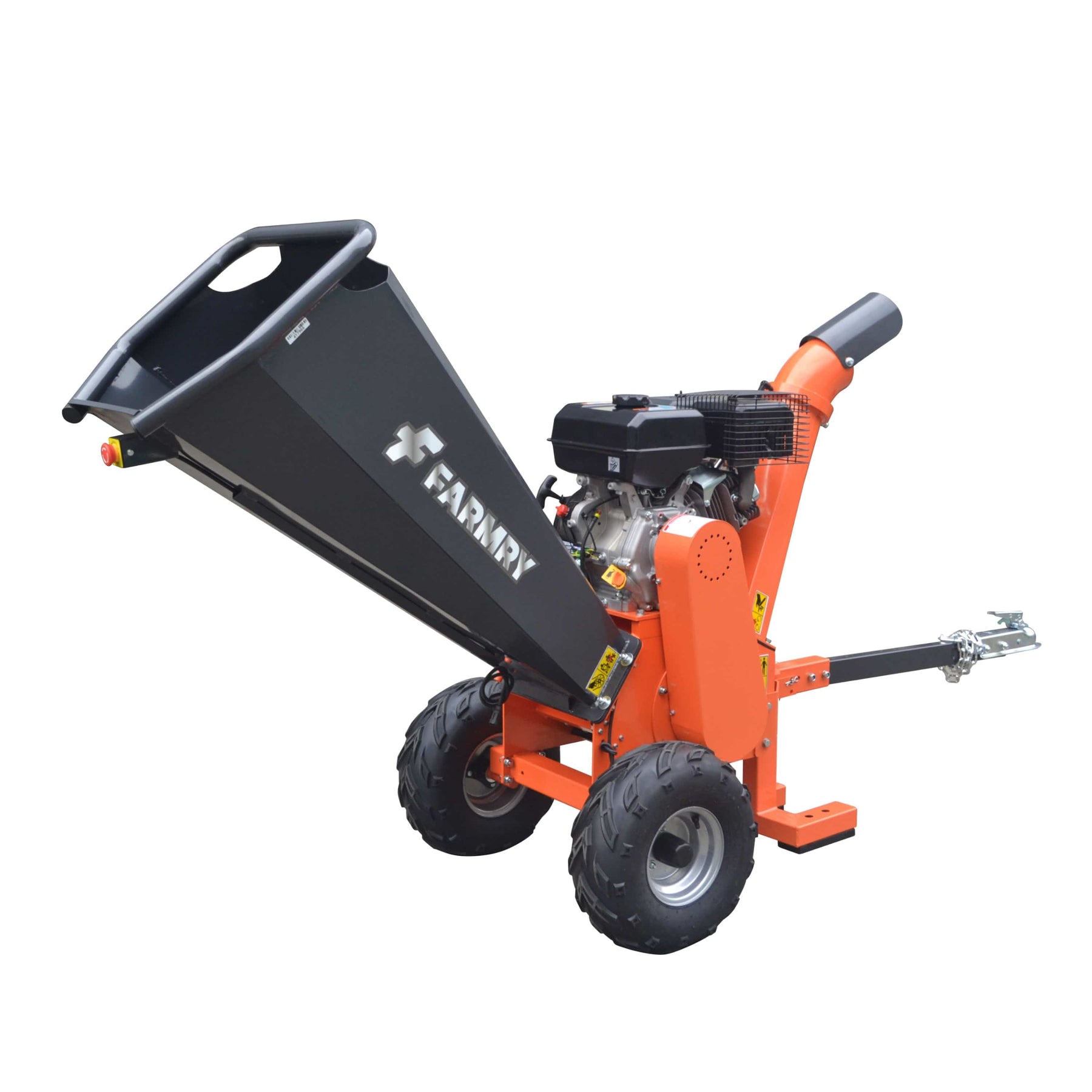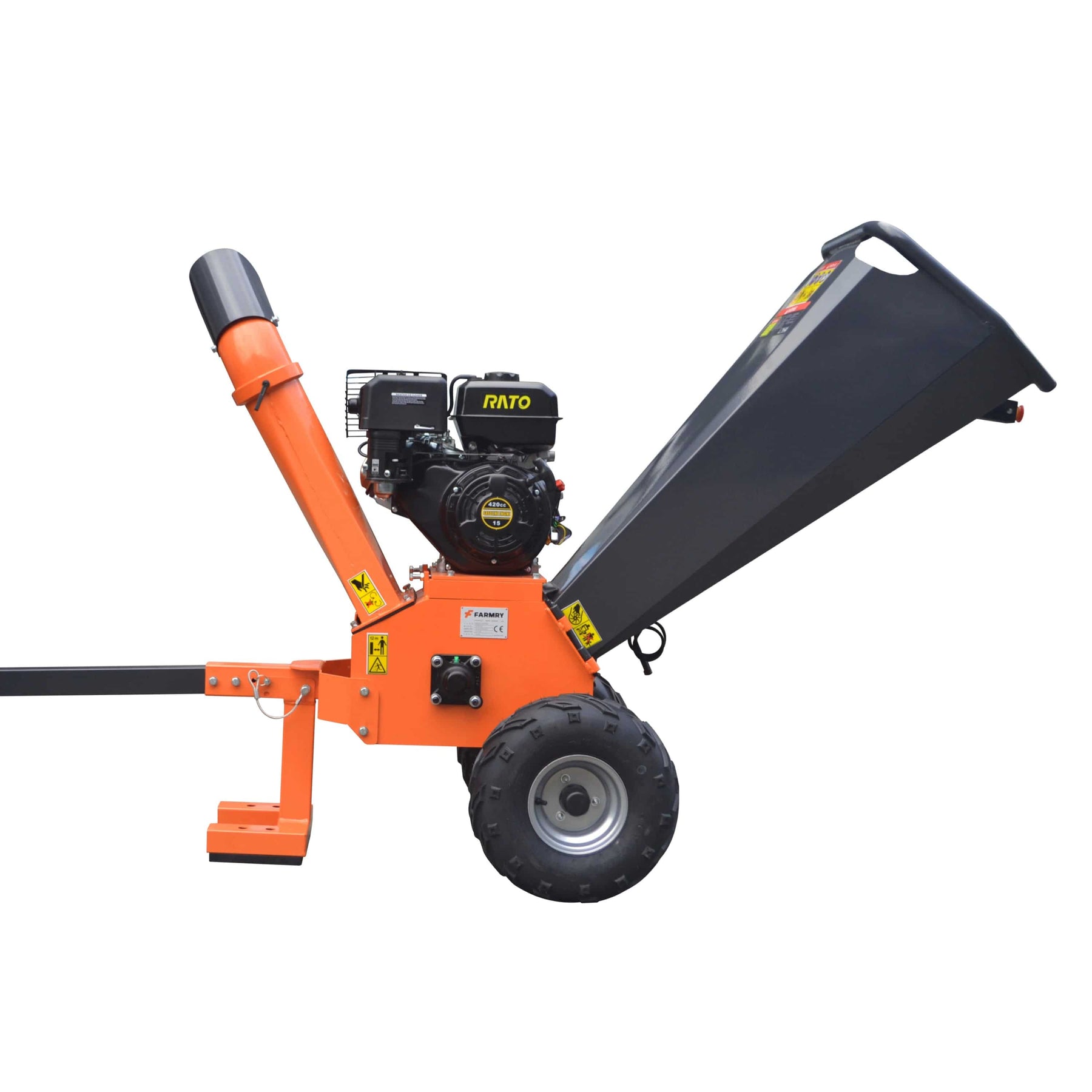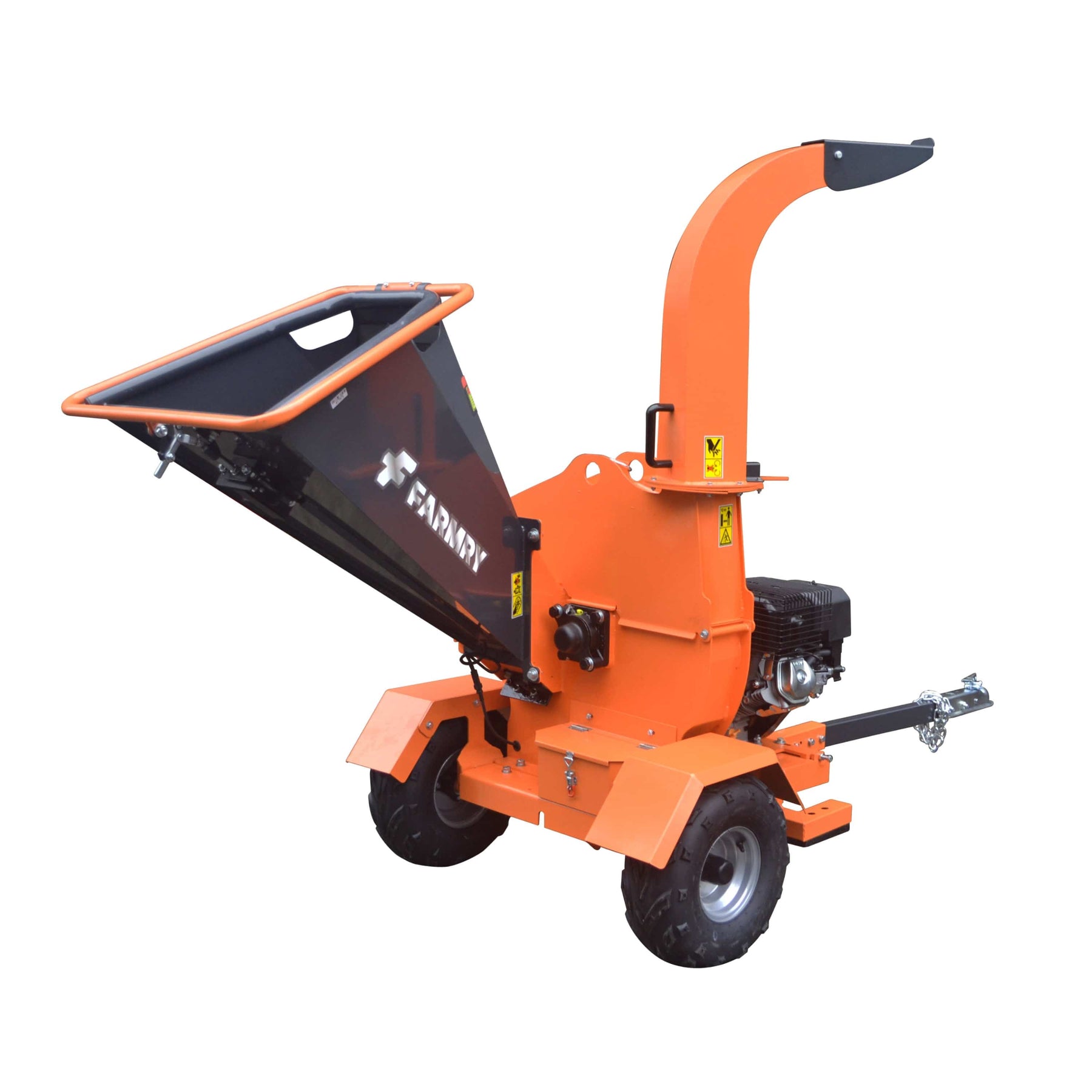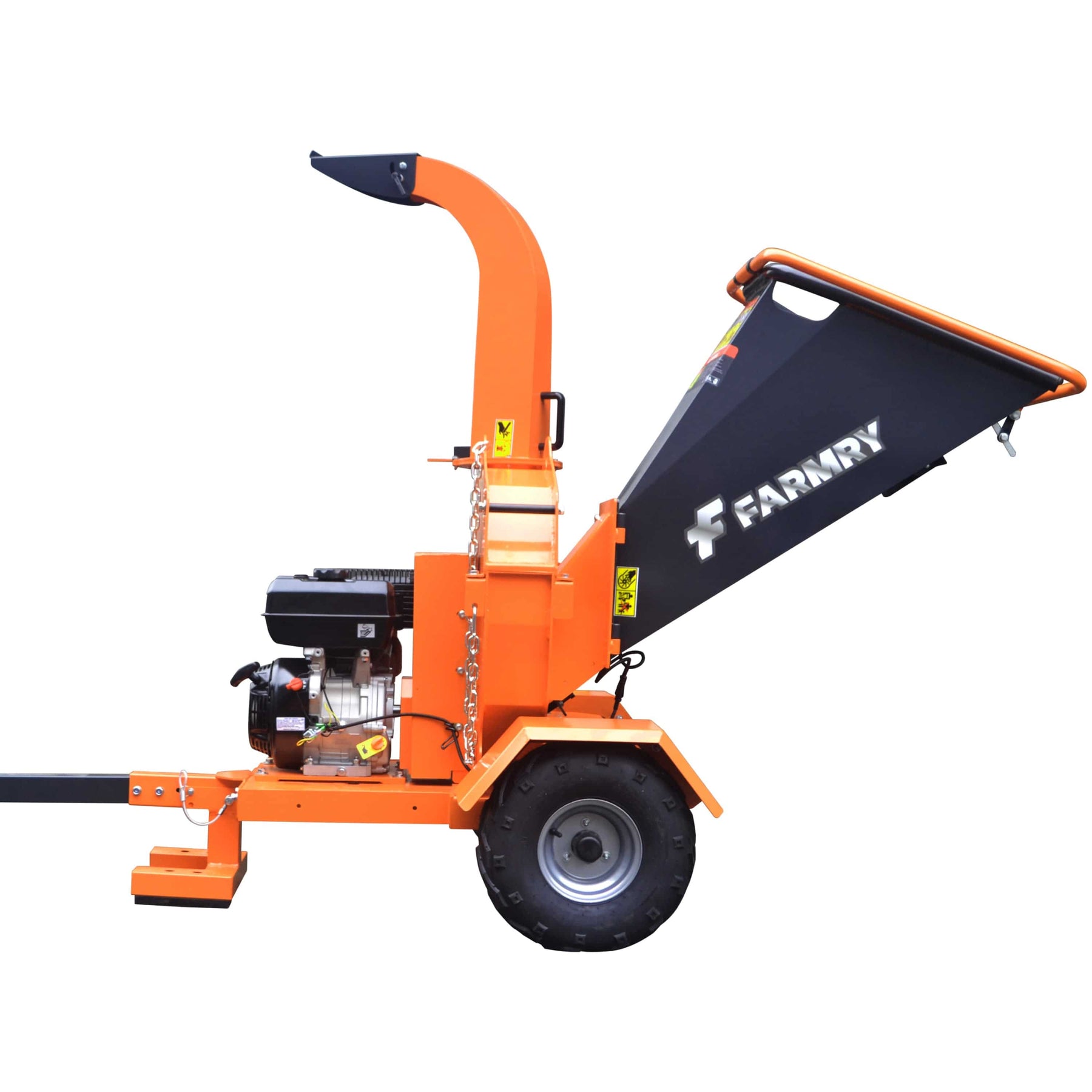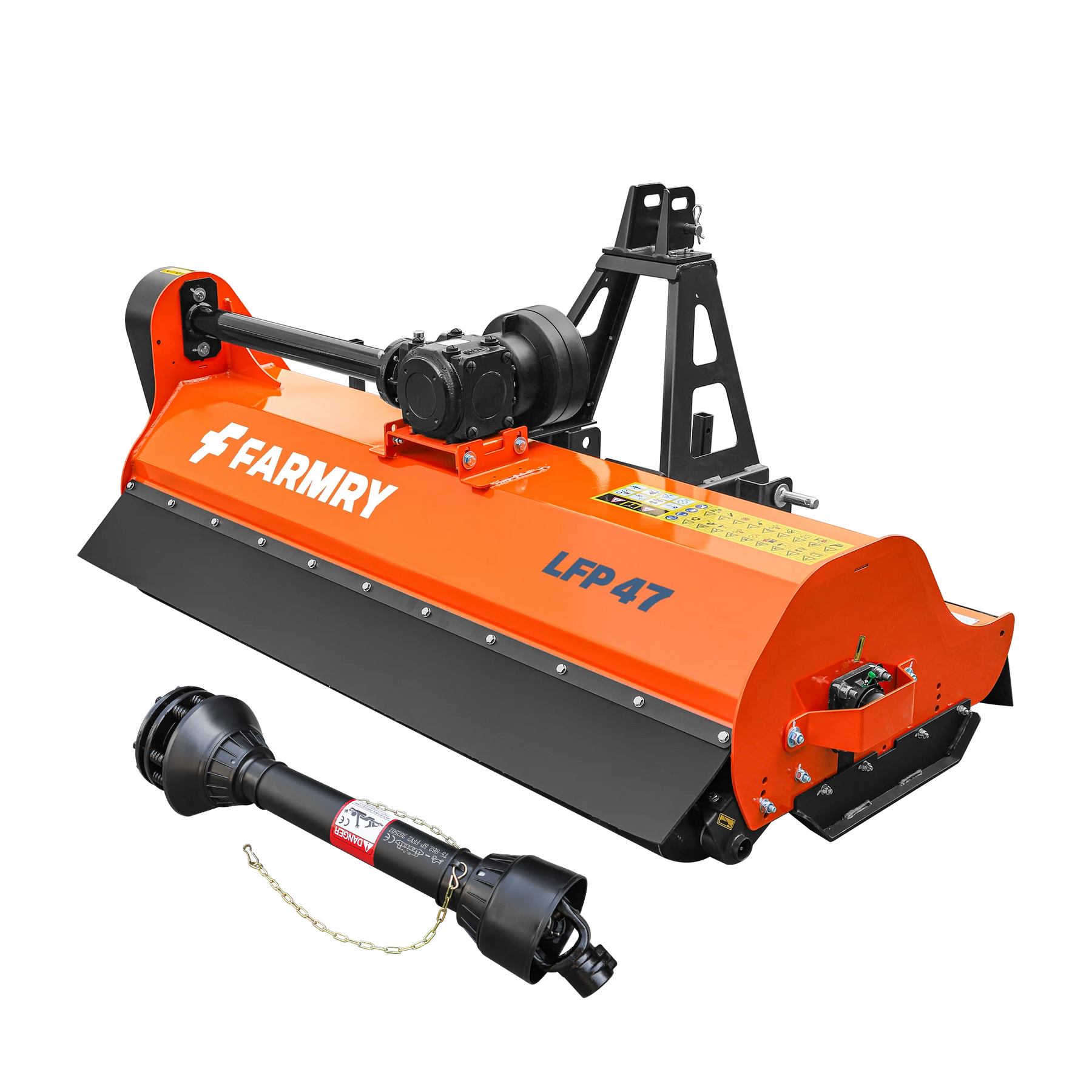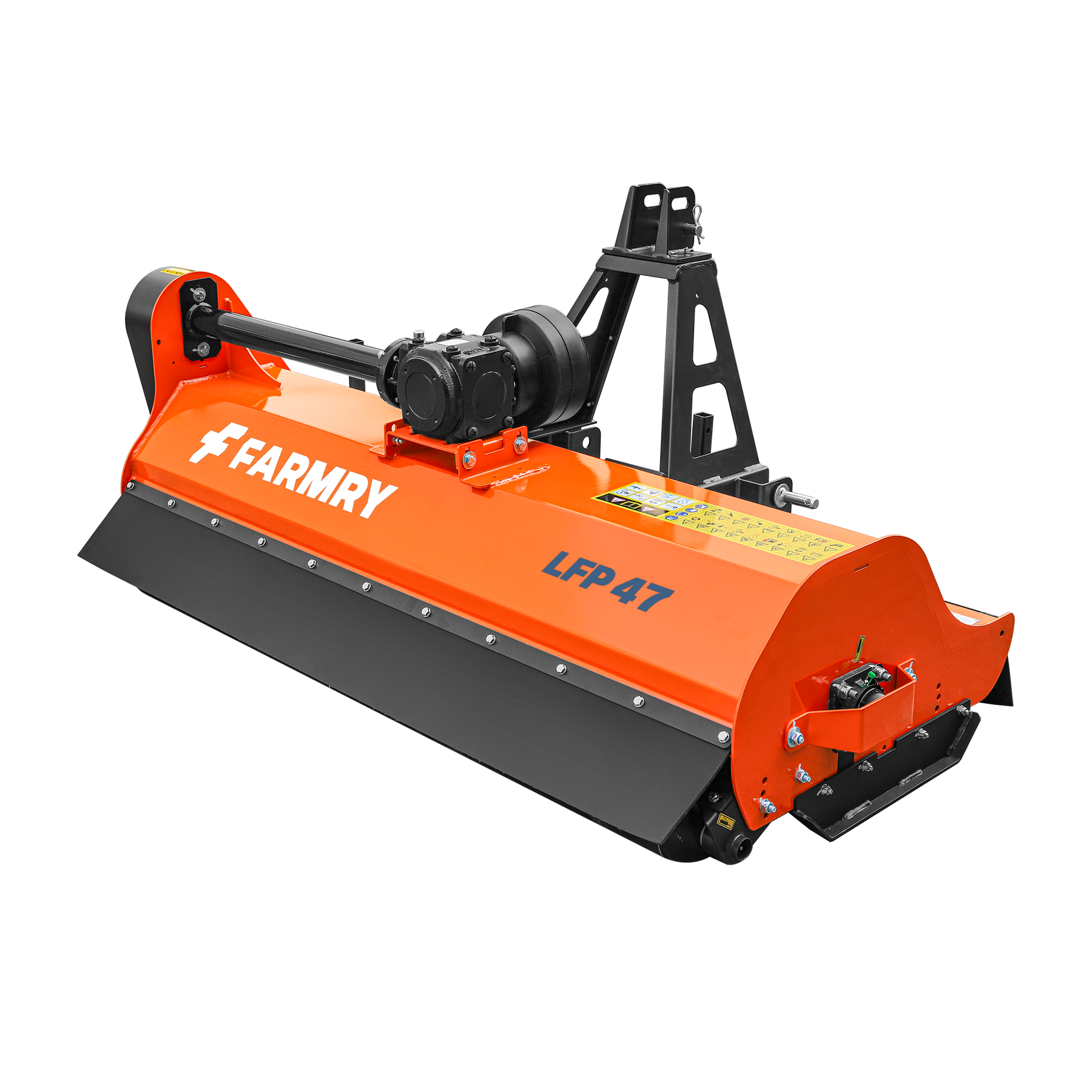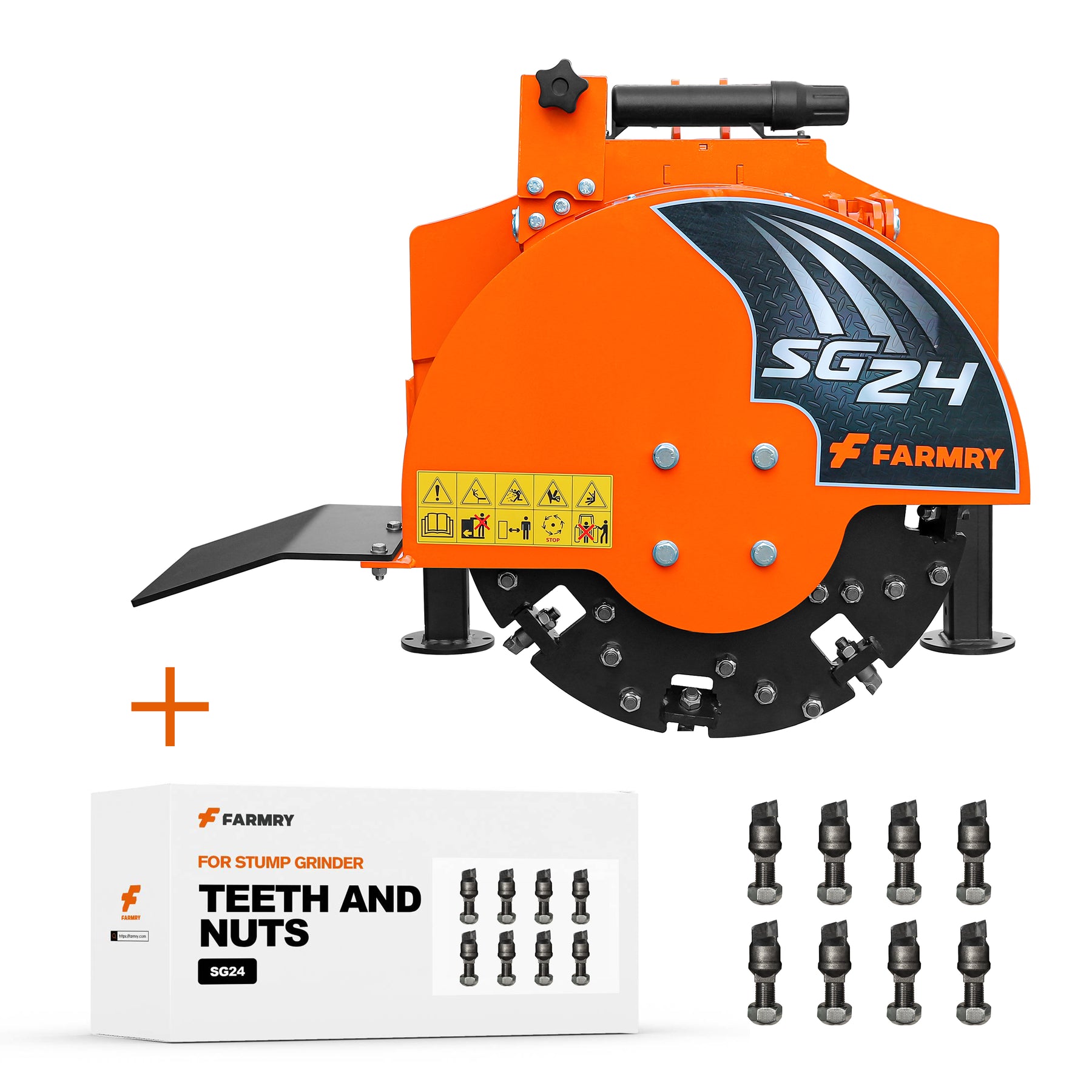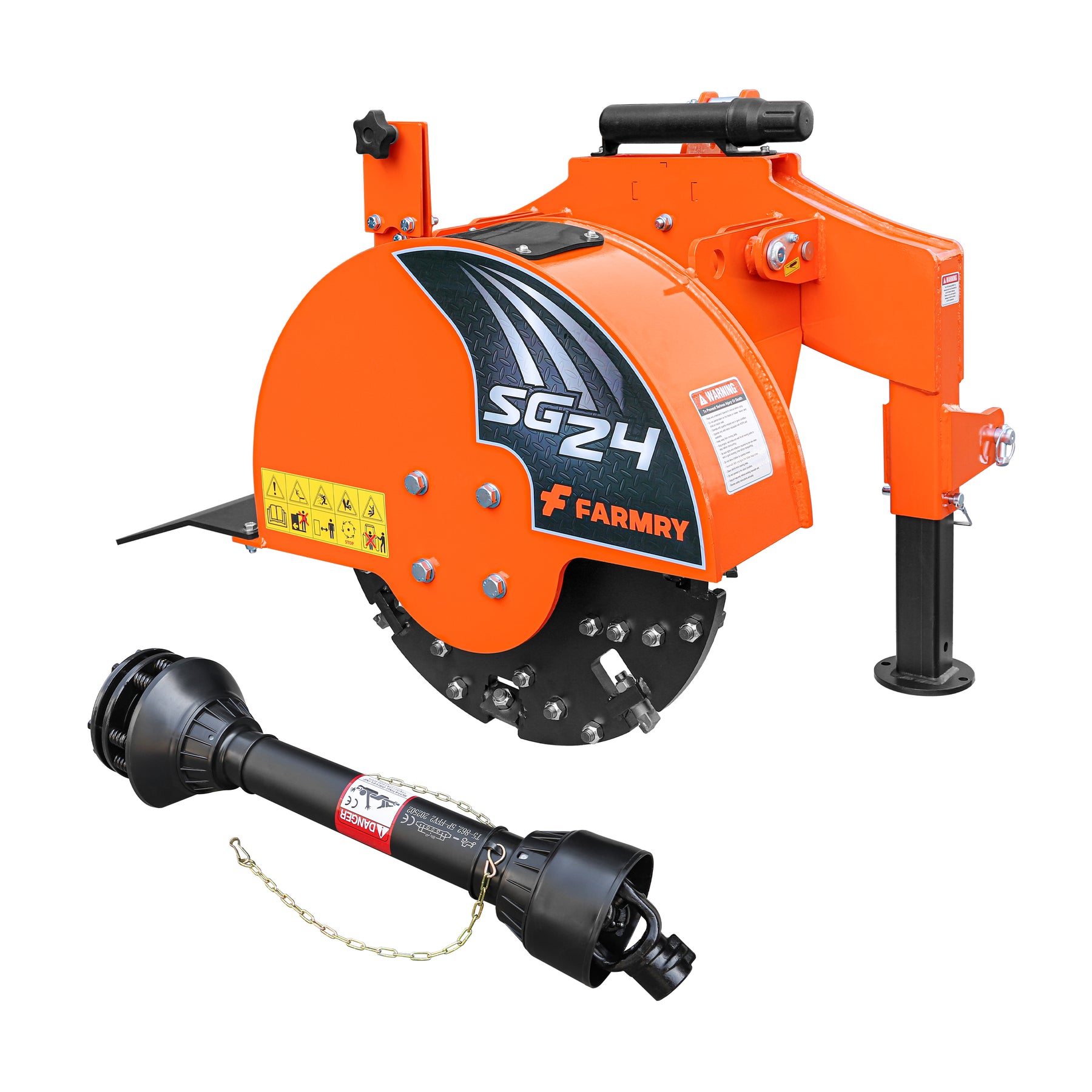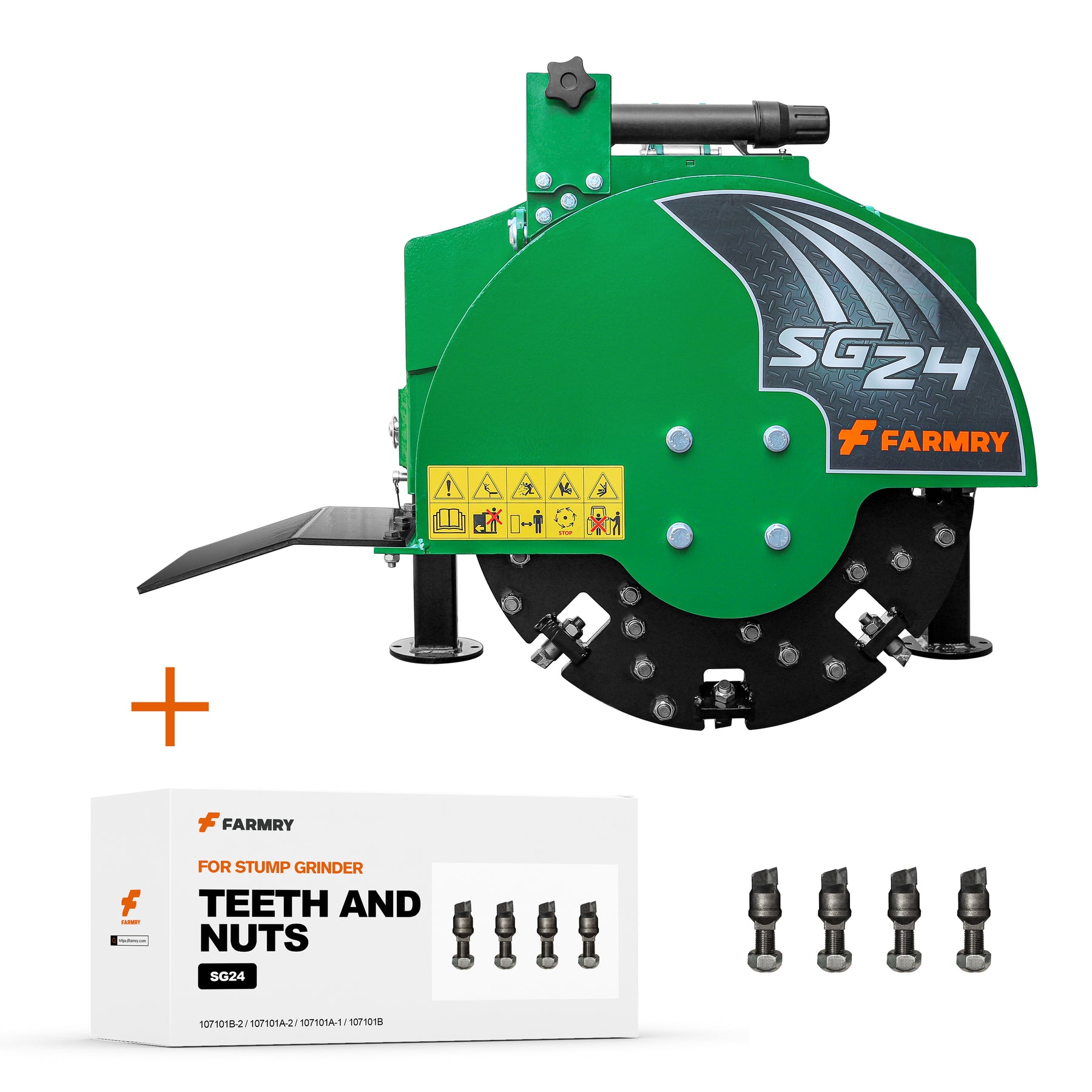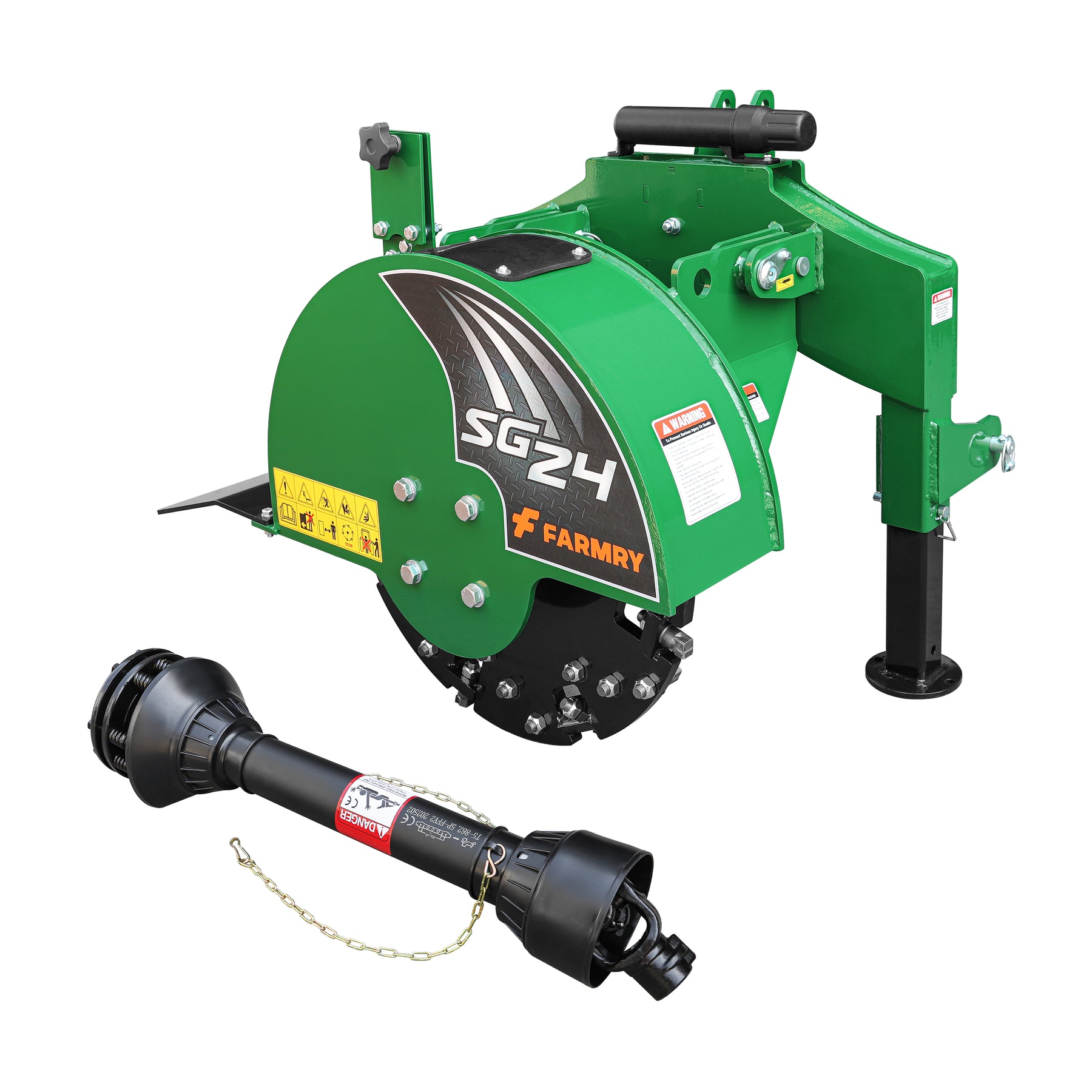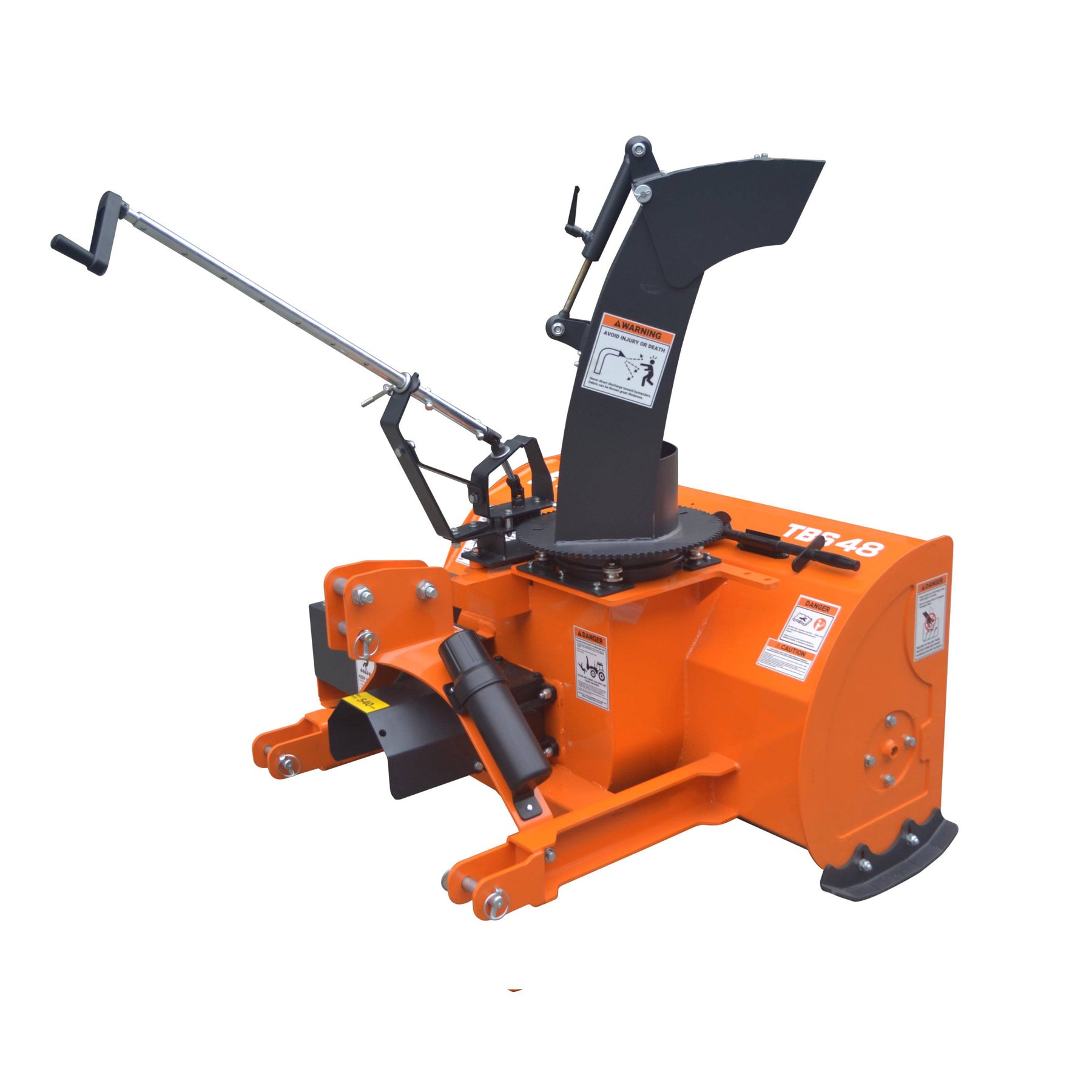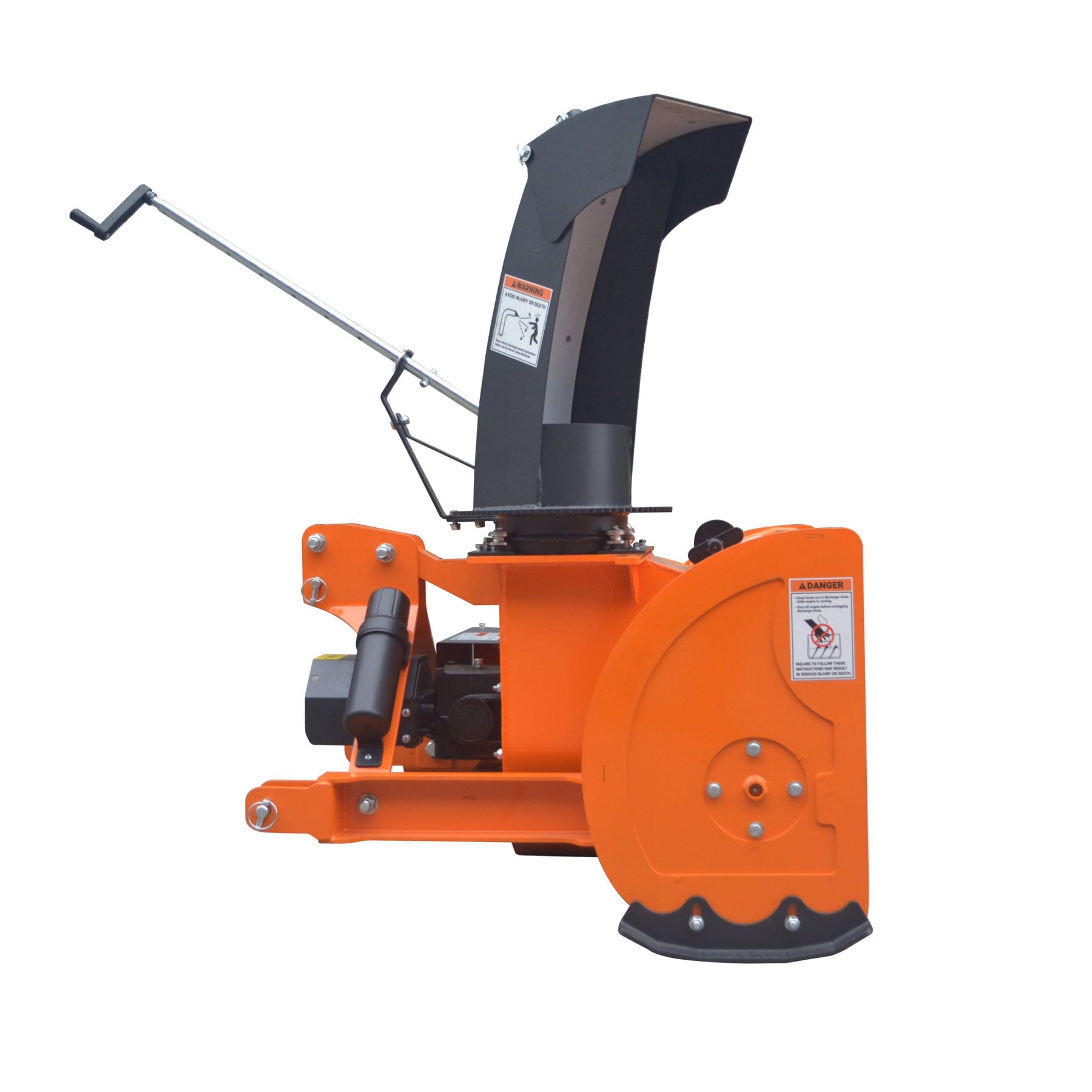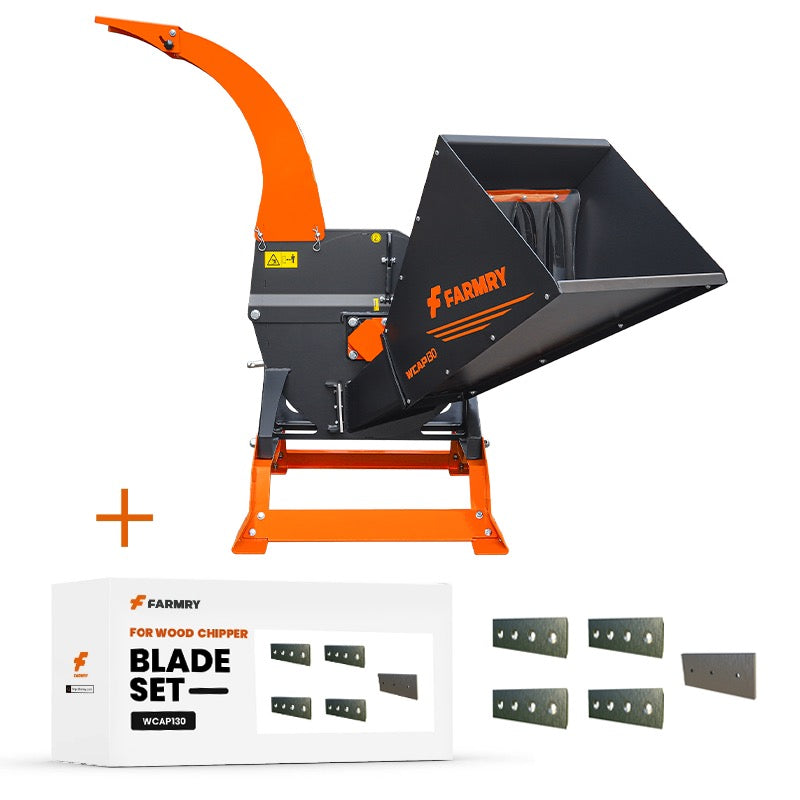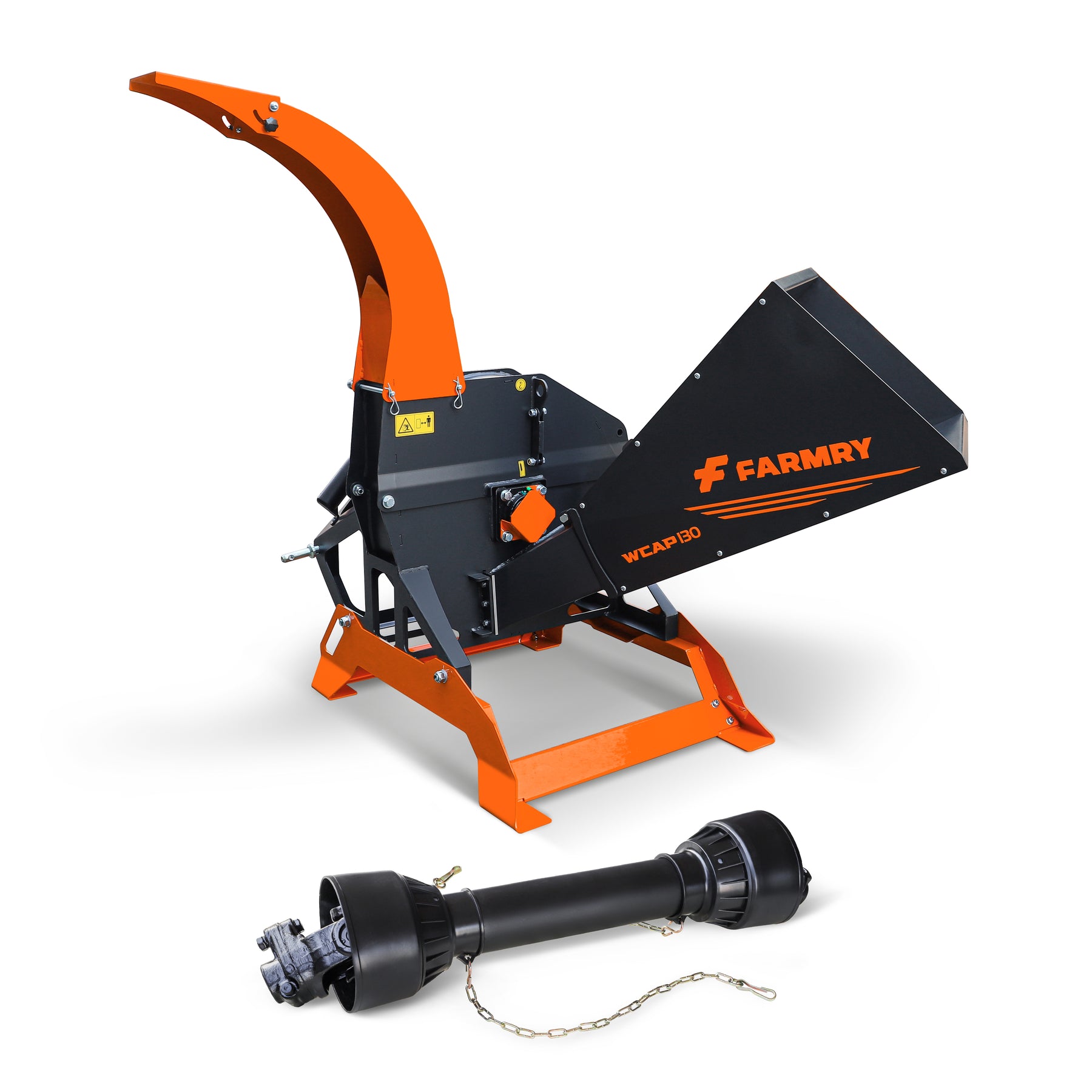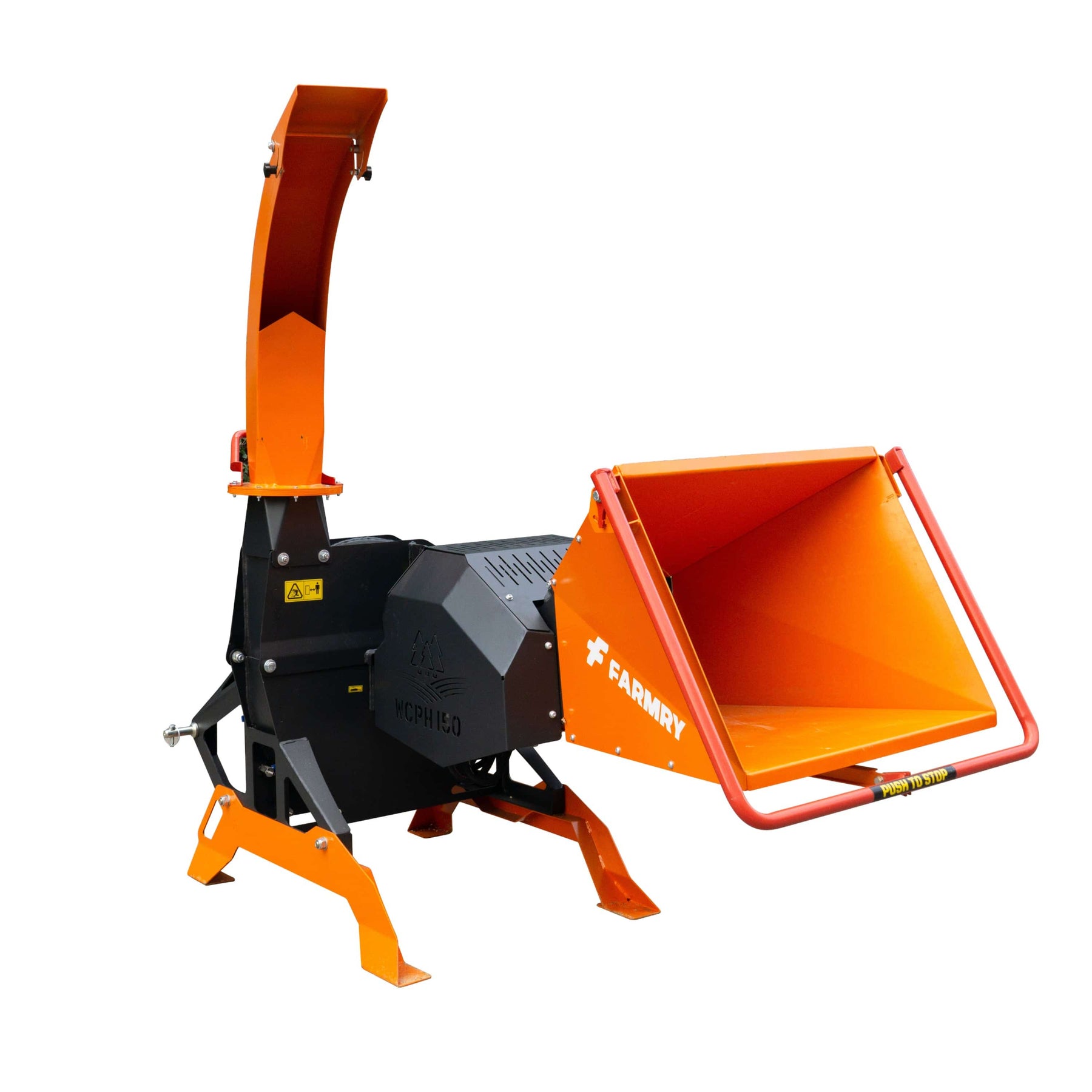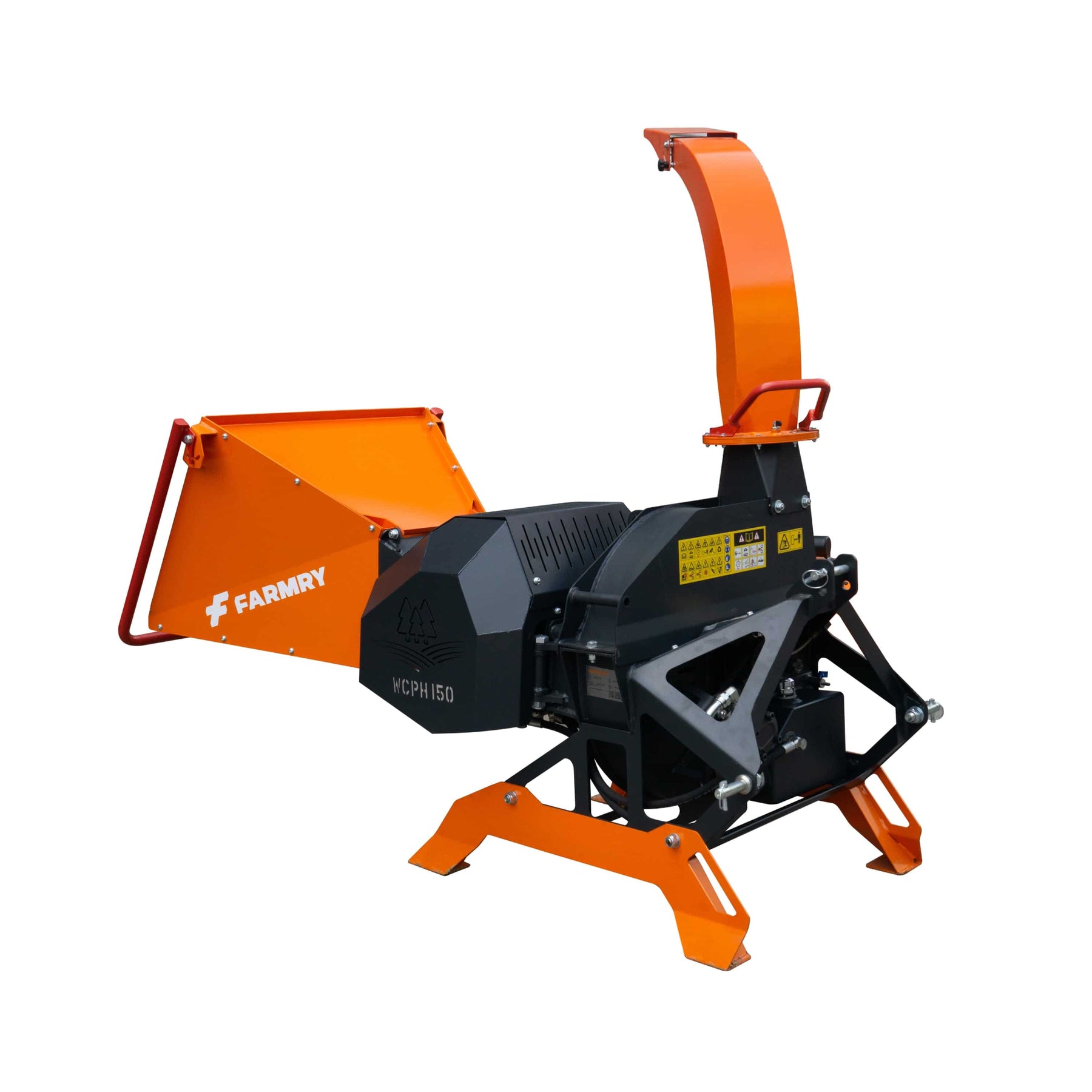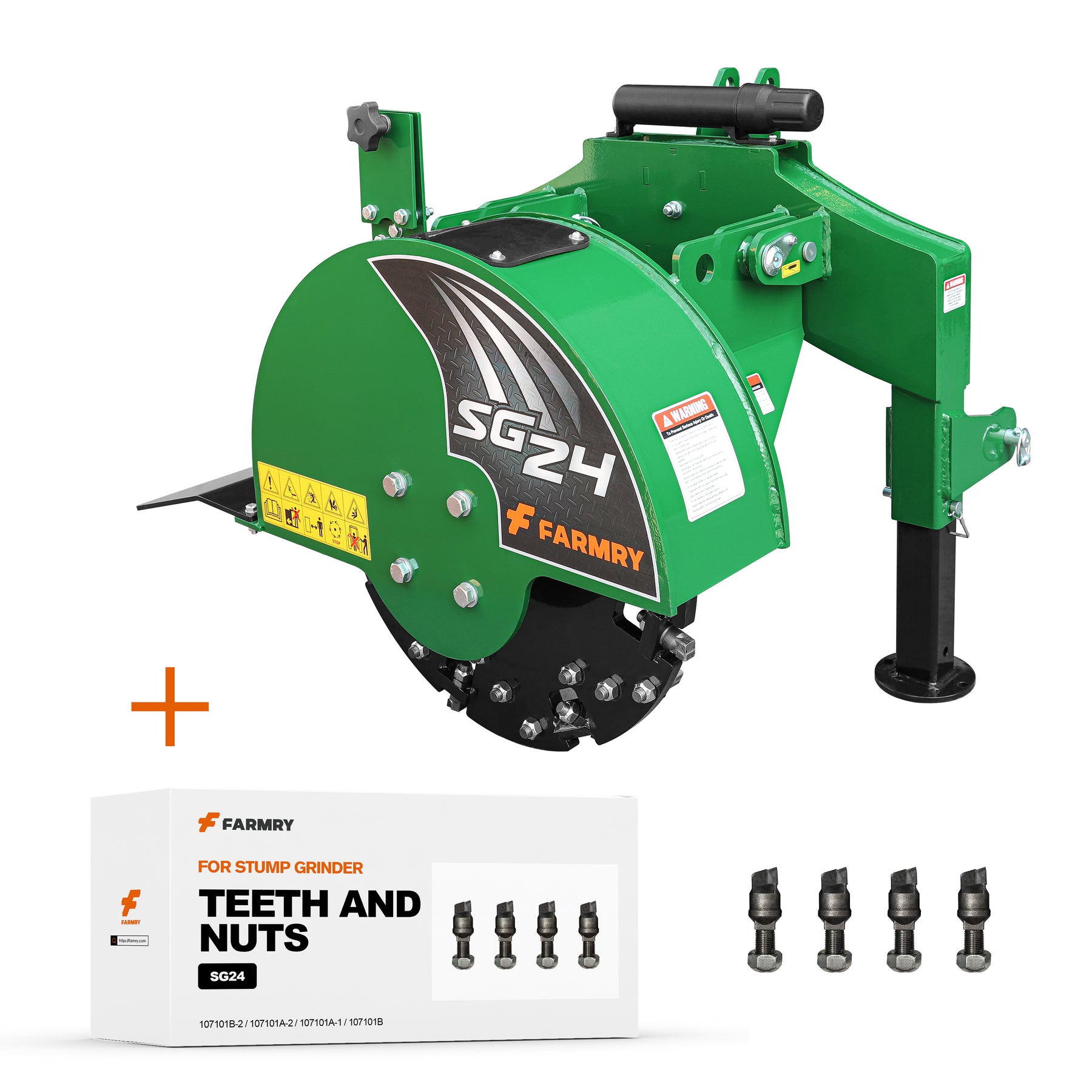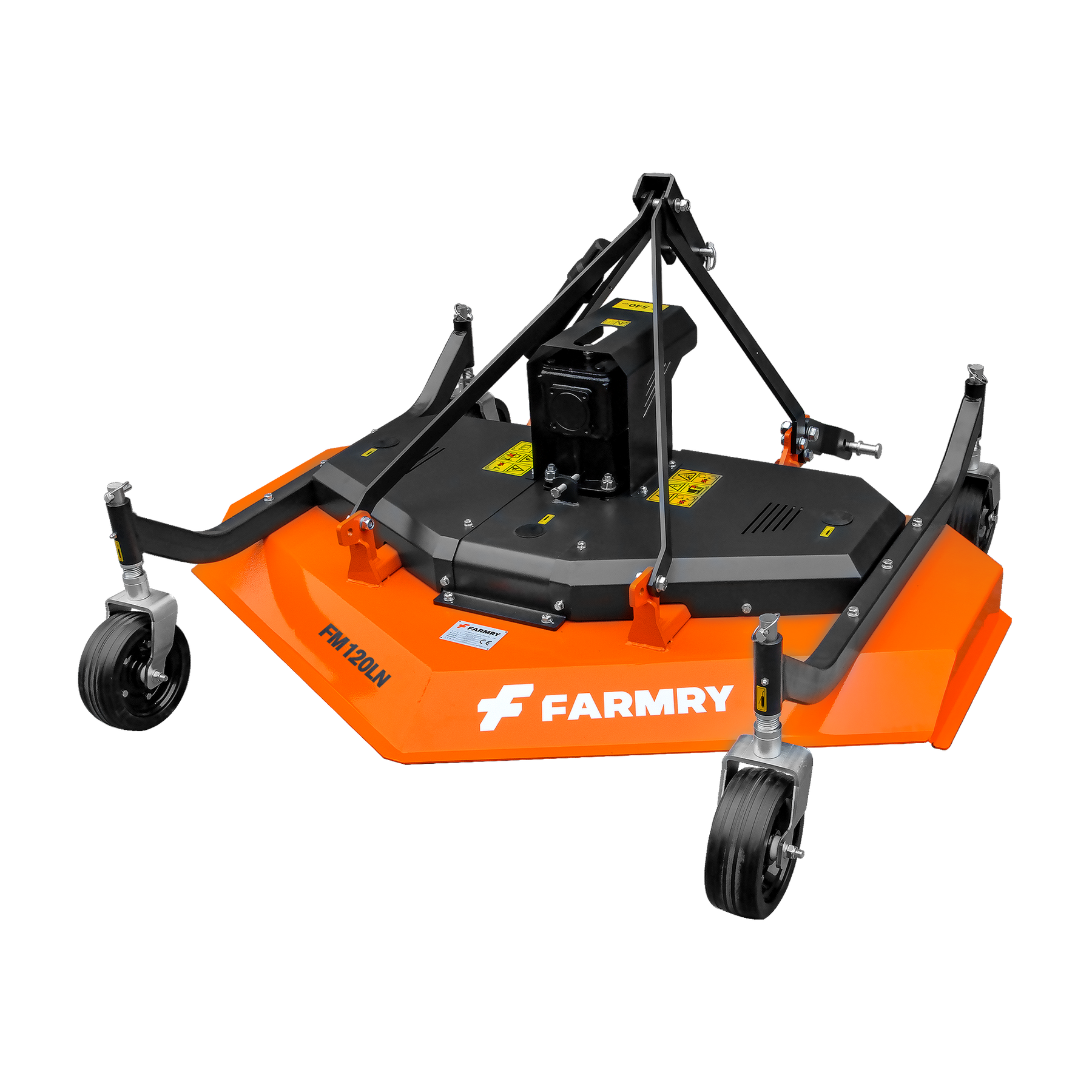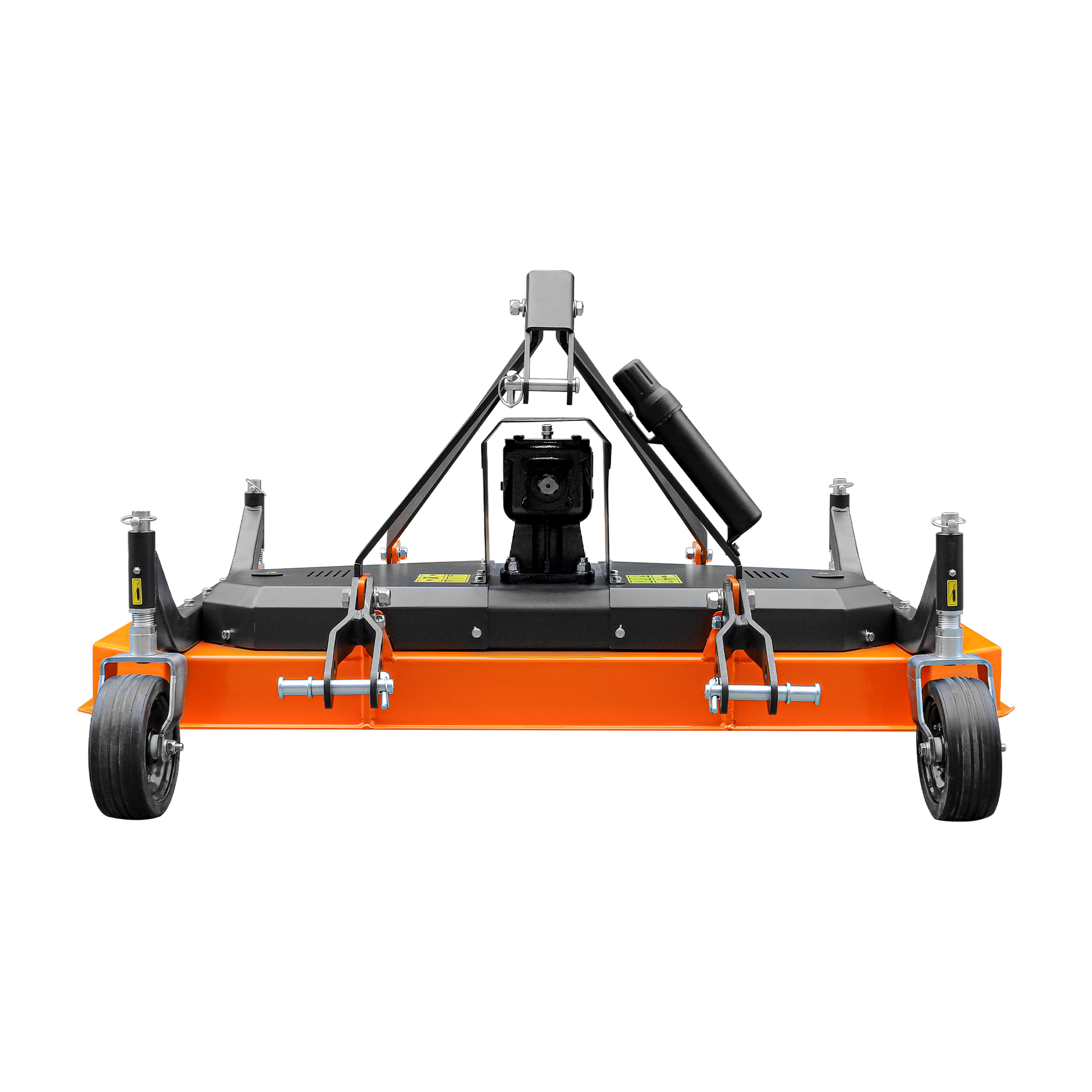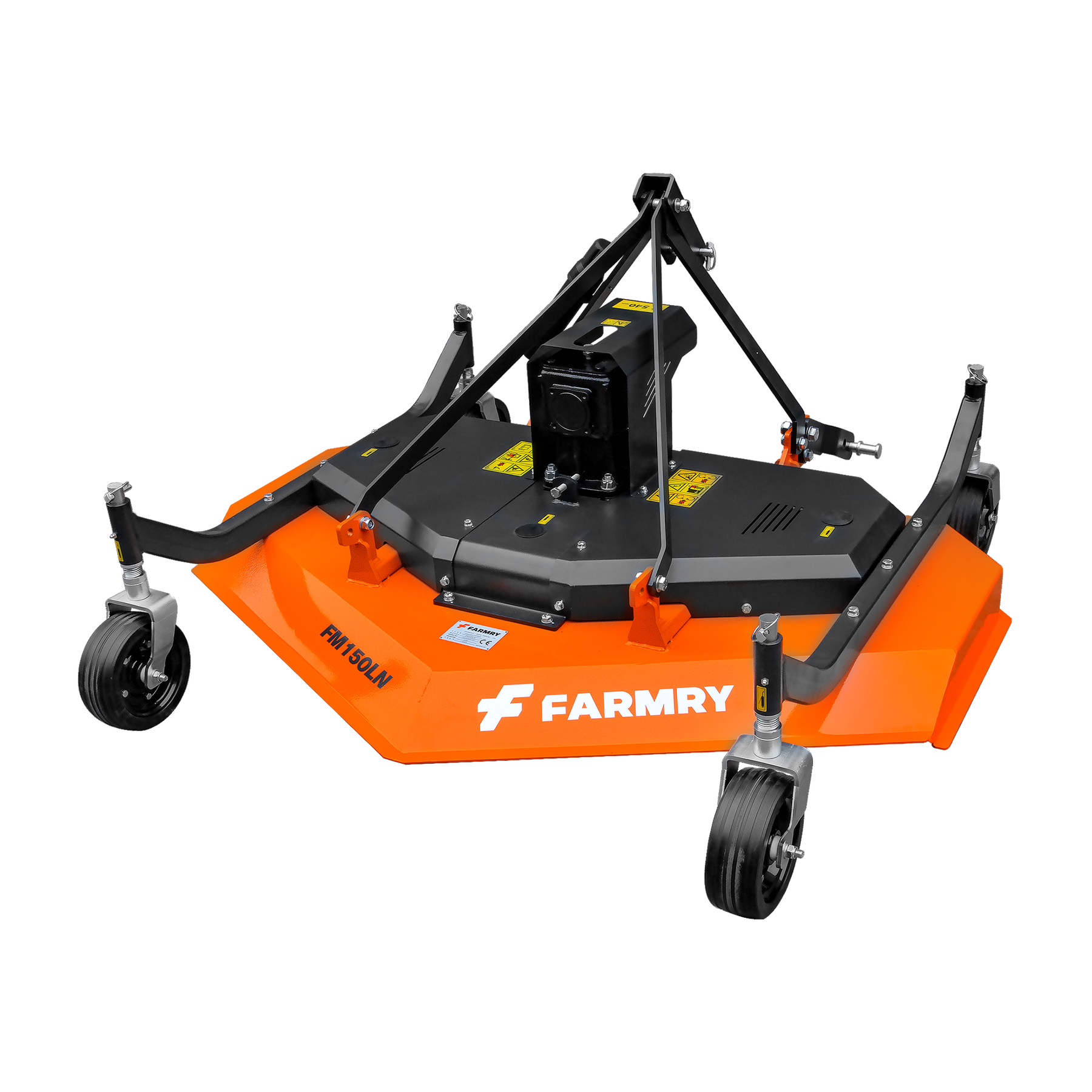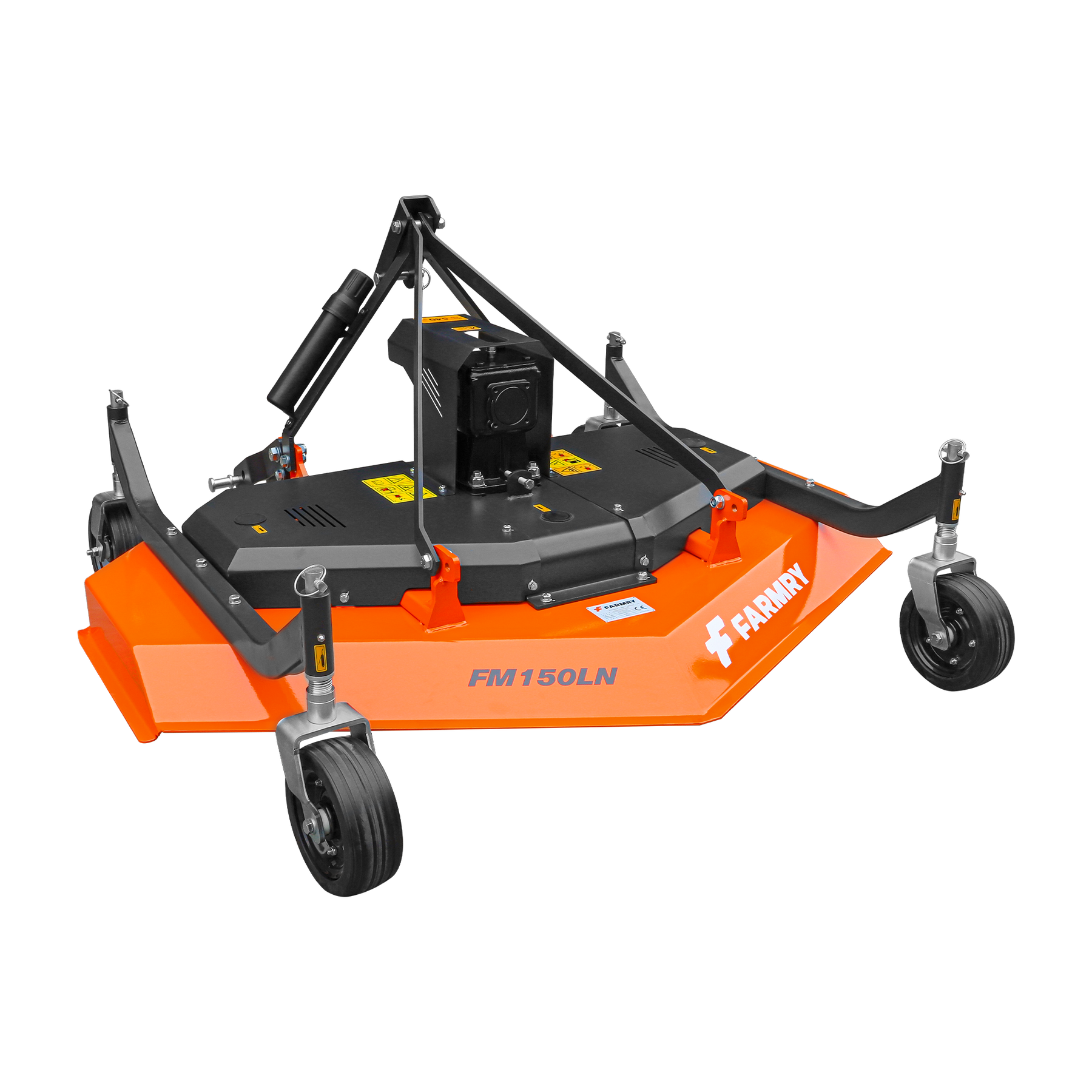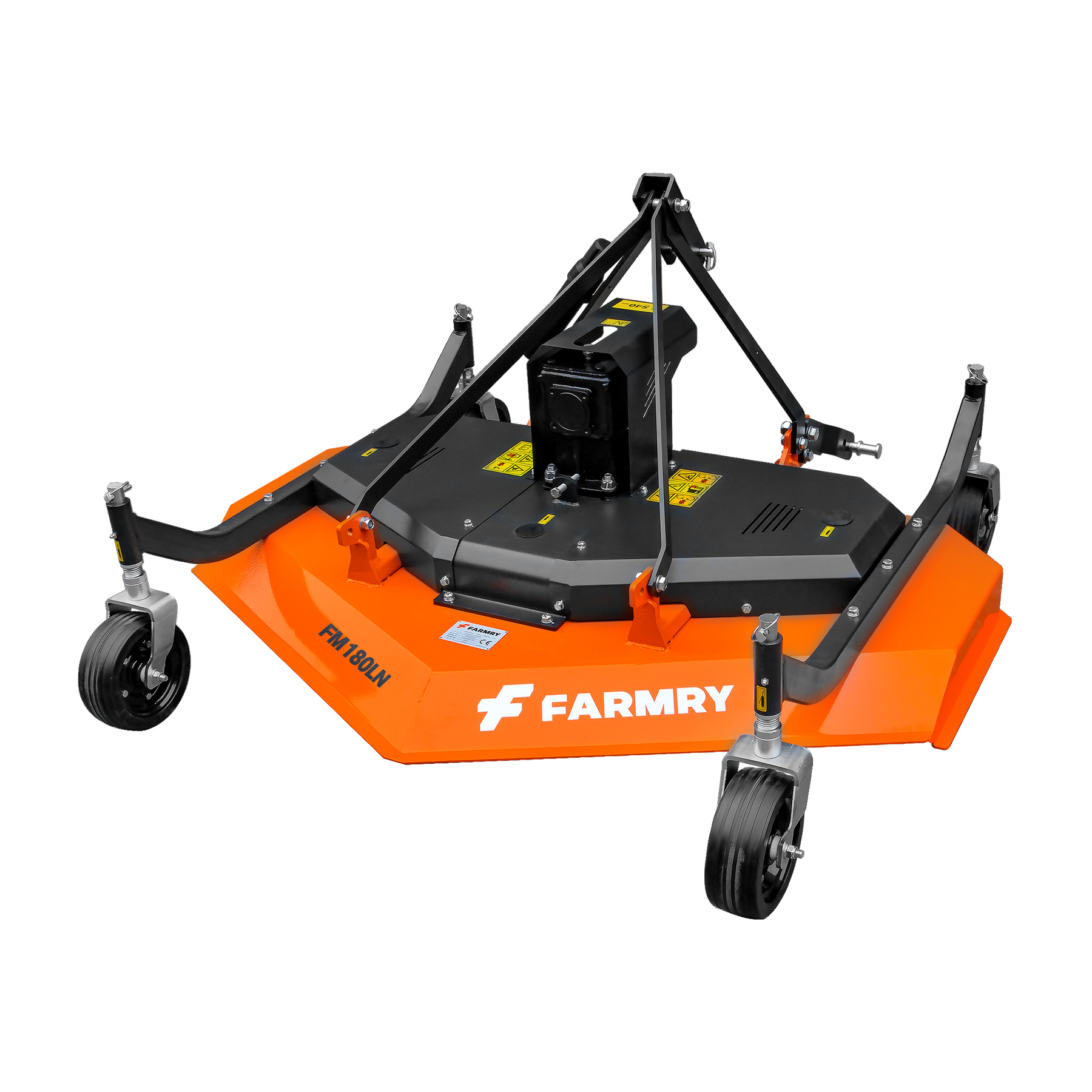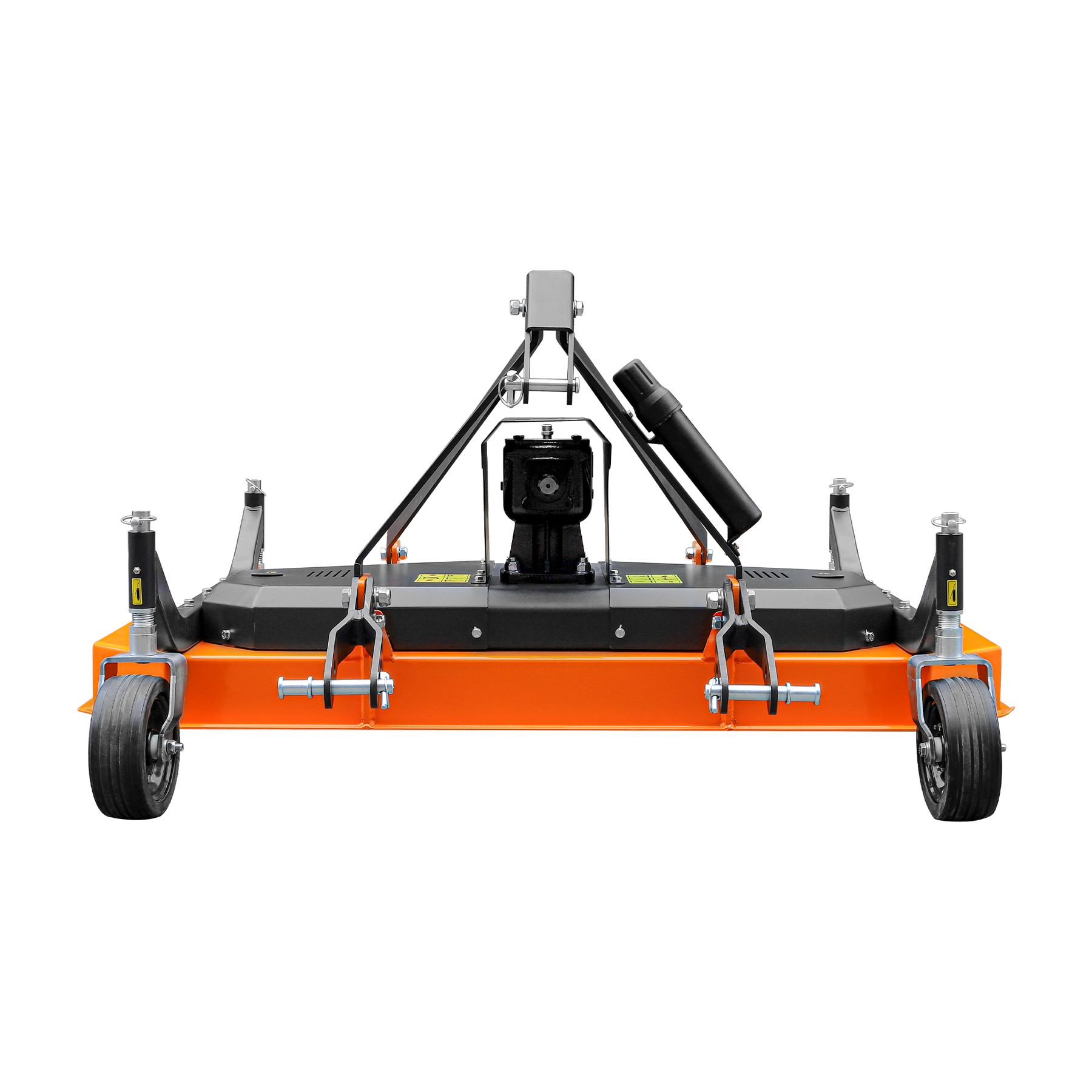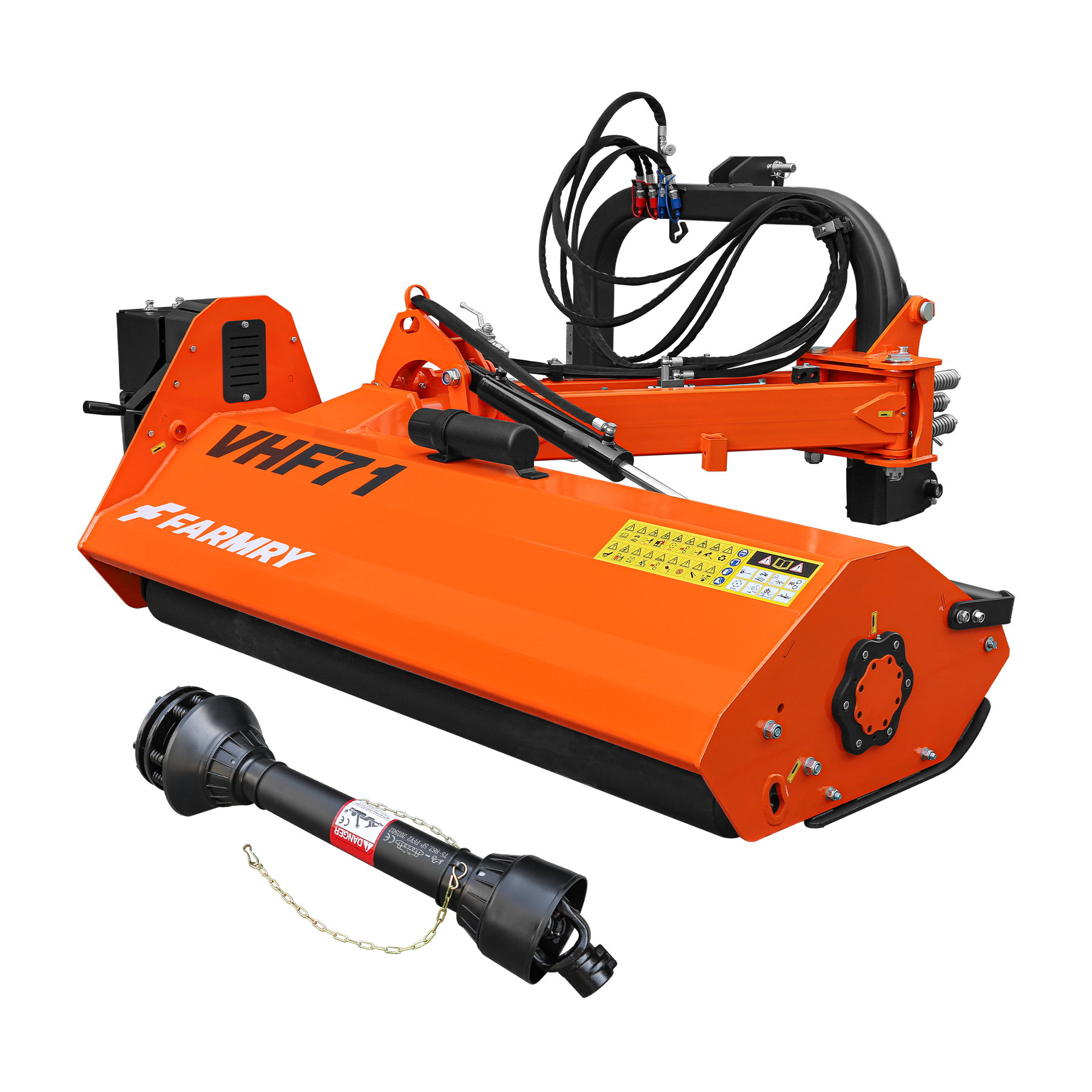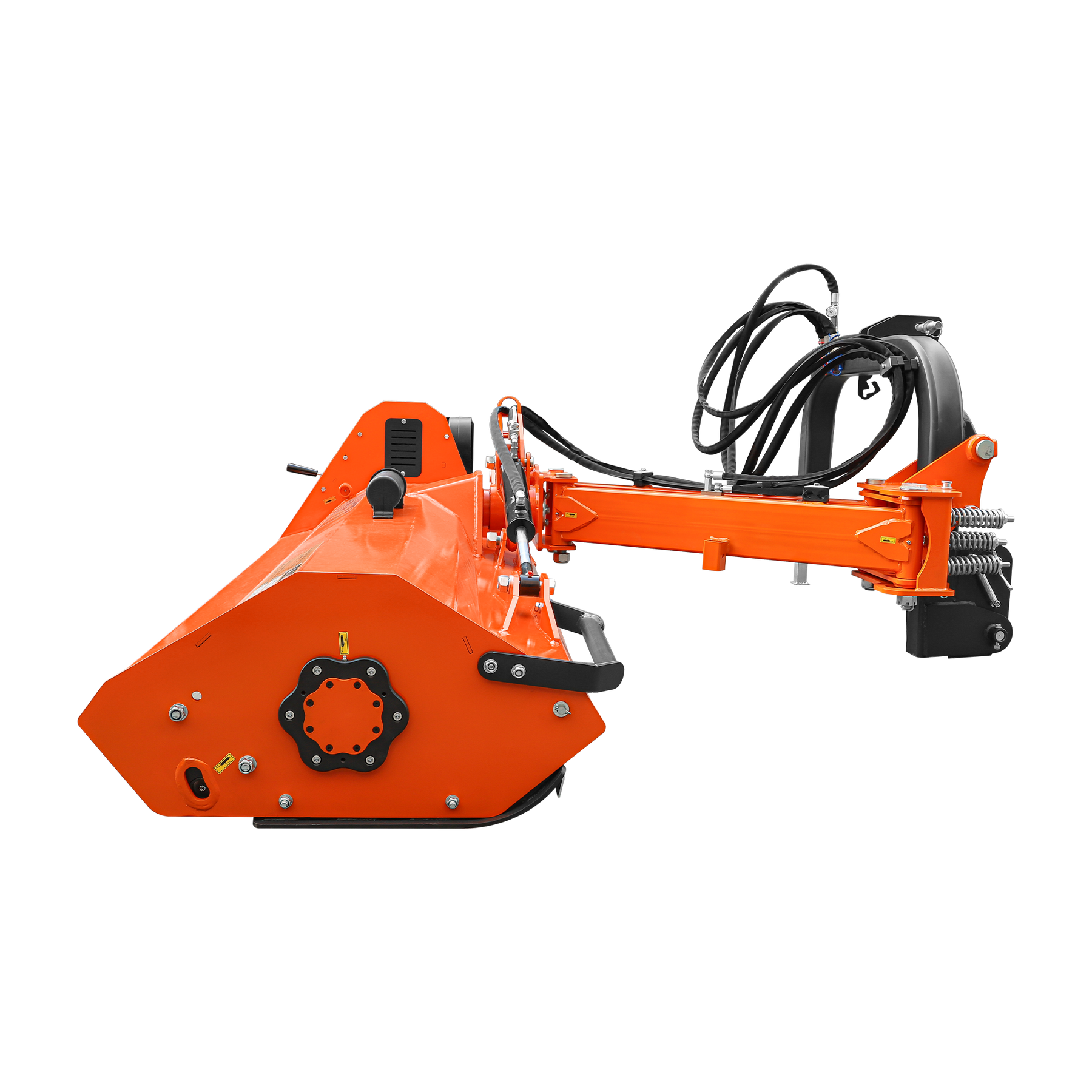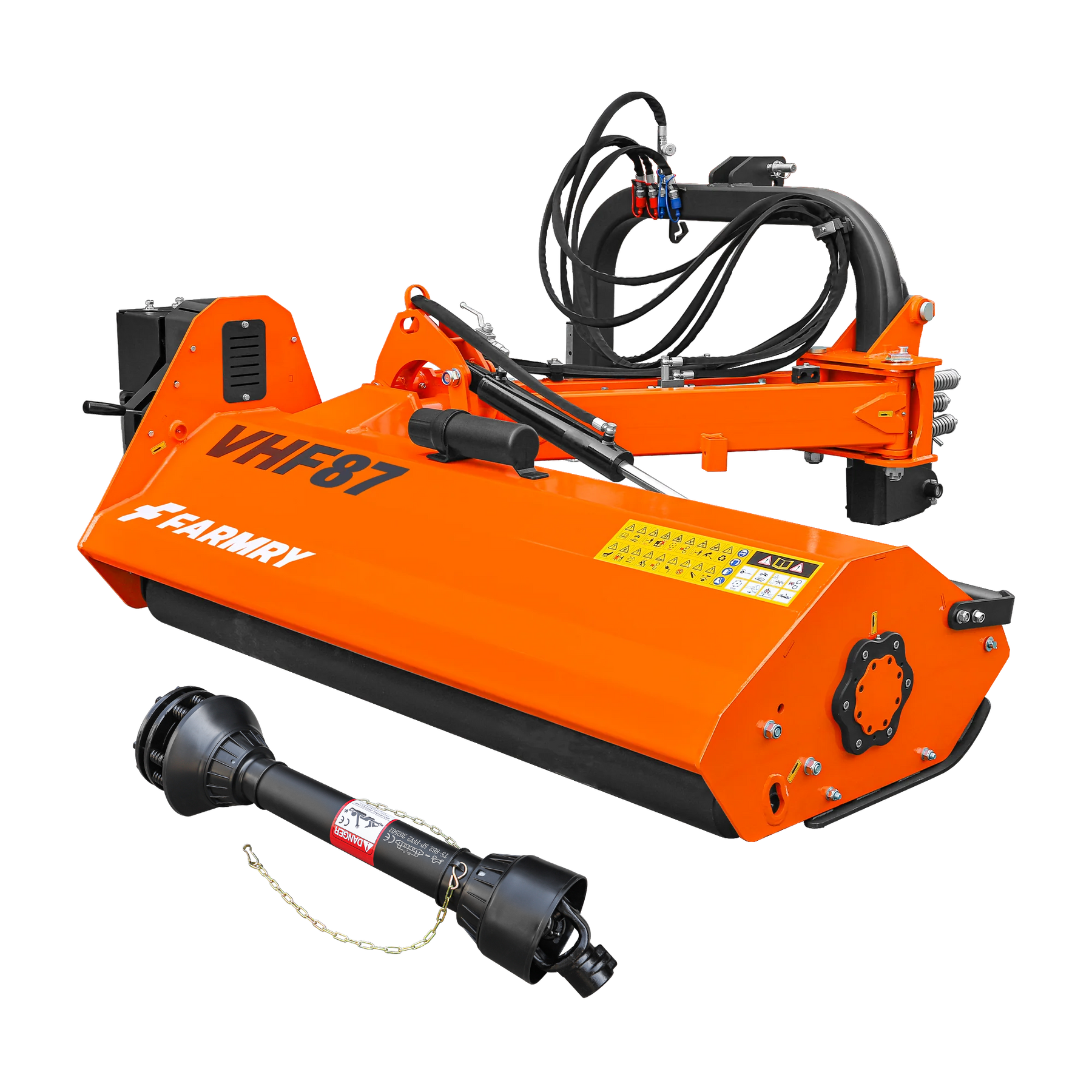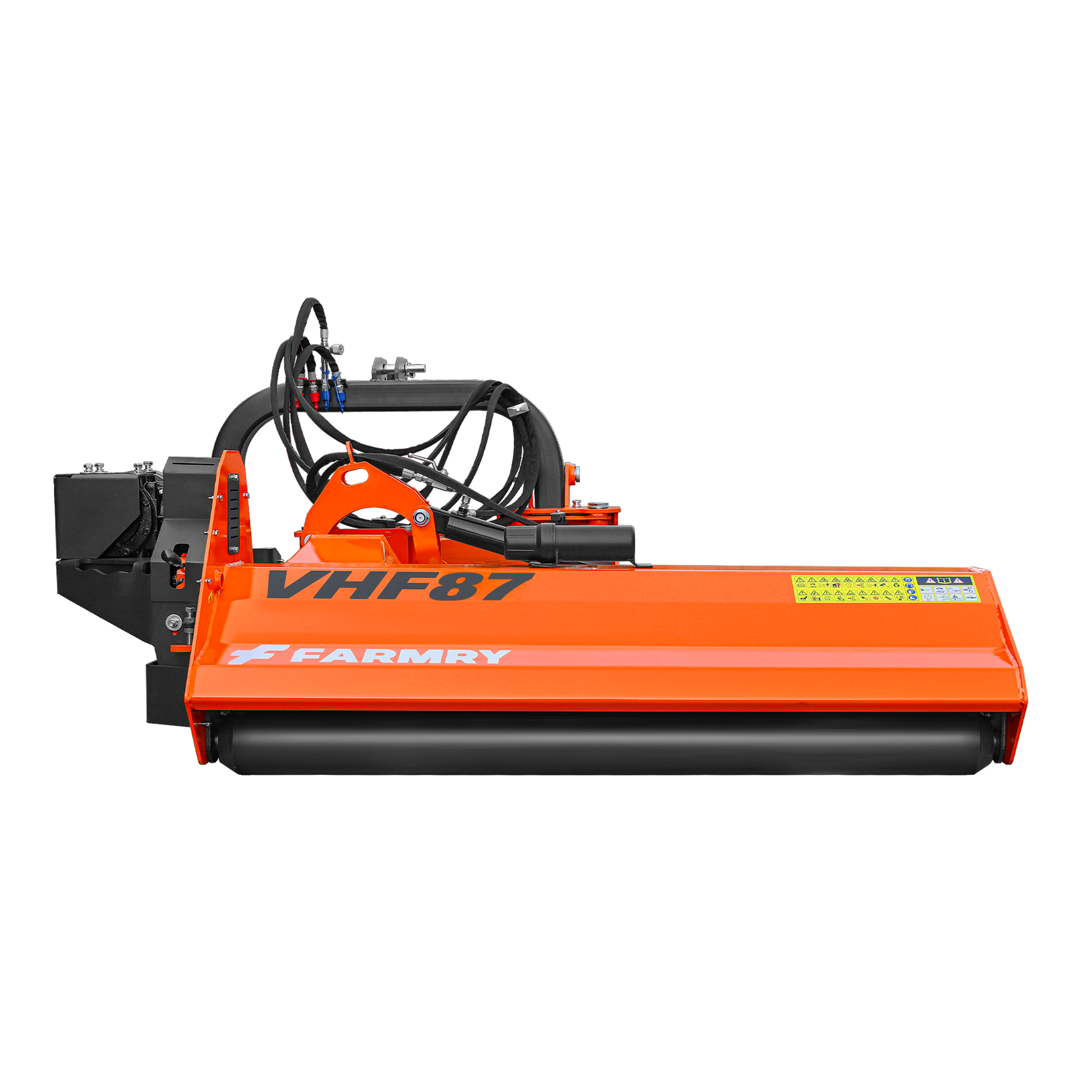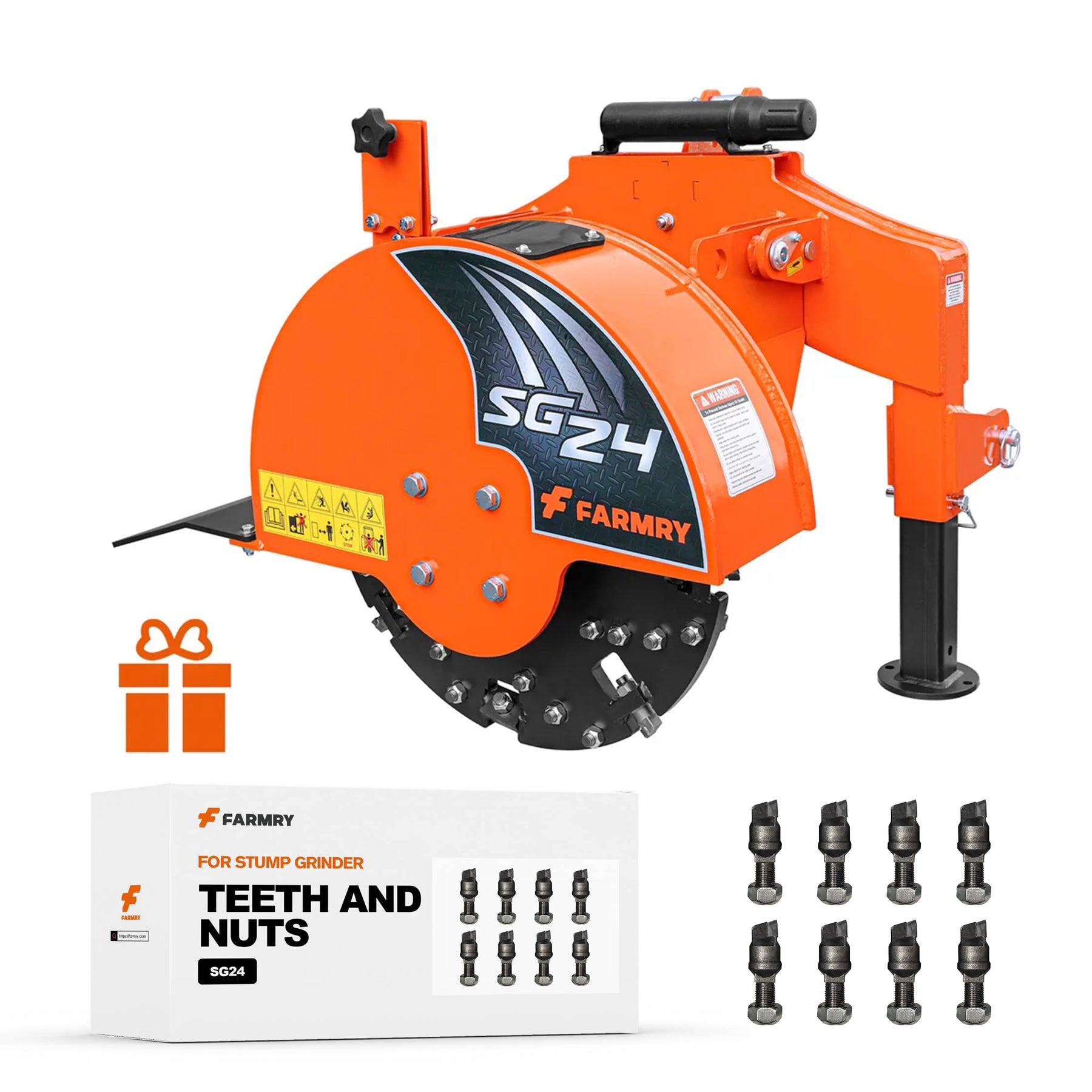gas wood chipper
you may also like
FAQs
1. What type of gas does a wood chipper take?
Most gas powered wood chippers are engineered to run on fresh unleaded gasoline with a standard octane rating of 87 or higher. For optimal performance and long-term durability, it’s important to avoid old fuel that has been sitting for about two hours exposed to air, as this can cause clogged carburetors and poor ignition. Always check the manufacturer’s review and guidelines, as some machines are equipped with an electric start engine that benefits from fuel stabilizers. Using the right materials ensures smoother running, reduced wear on bearings, and fewer unexpected issues with replacement parts.
2. What is the difference between a gas wood chipper and a chipper shredder?
The main difference lies in the functions and design. A gas wood chipper uses a heavy-duty flywheel and sharp blades to chip through larger branches and logs, usually up to several inches in diameter, making it ideal for landscaping jobs or clearing yard debris on larger property. A chipper shredder, on the other hand, combines a hopper and shredding line to break down smaller branches, limbs, and leafy brush into fine mulch. The reduction ratio of a shredder is usually higher, creating finer output for mulching and garden use. If you need power and mobility for towing behind an ATV or truck, the gas powered chipper offers a clear advantage, while the shredder is more about creating compost-ready material.
3. What is a good size gas wood chipper?
The right size depends on your property and yard debris needs. For homeowners tackling smaller branches and light brush, a powered wood chipper with a 2–3 inch infeed opening is usually ideal. For larger logs and frequent use, a mid-range gas powered wood chipper with a 5–6 inch opening and reinforced discharge chute delivers superior performance. Professionals often choose heavy-duty machines with towing capacity, larger engines, and drive belts designed for durability. Always match the engineered features to your workload—choosing a size that allows you to easily handle the materials you process most often without overloading the chute or the flywheel.
4. Is it worth buying a gas wood chipper?
Yes—if you manage yard debris, frequent landscaping, or need to process branches and logs regularly, investing in a gas powered wood chipper is a smart purchase. Unlike electric models, a gas powered wood unit offers more power, mobility, and the ability to work continuously for hours without relying on a cord. While routine maintenance such as checking drive belts, oil changes, and keeping the hopper and discharge chute clear is necessary, the long-term advantage is significant. These machines are designed for durability, shipped with stock parts, and many allow quick access for replacement parts when needed. For property owners or customers seeking a reliable product that can easily handle heavy workloads, a gas powered wood chipper is more than worth it—it’s an investment in efficiency and superior performance.

